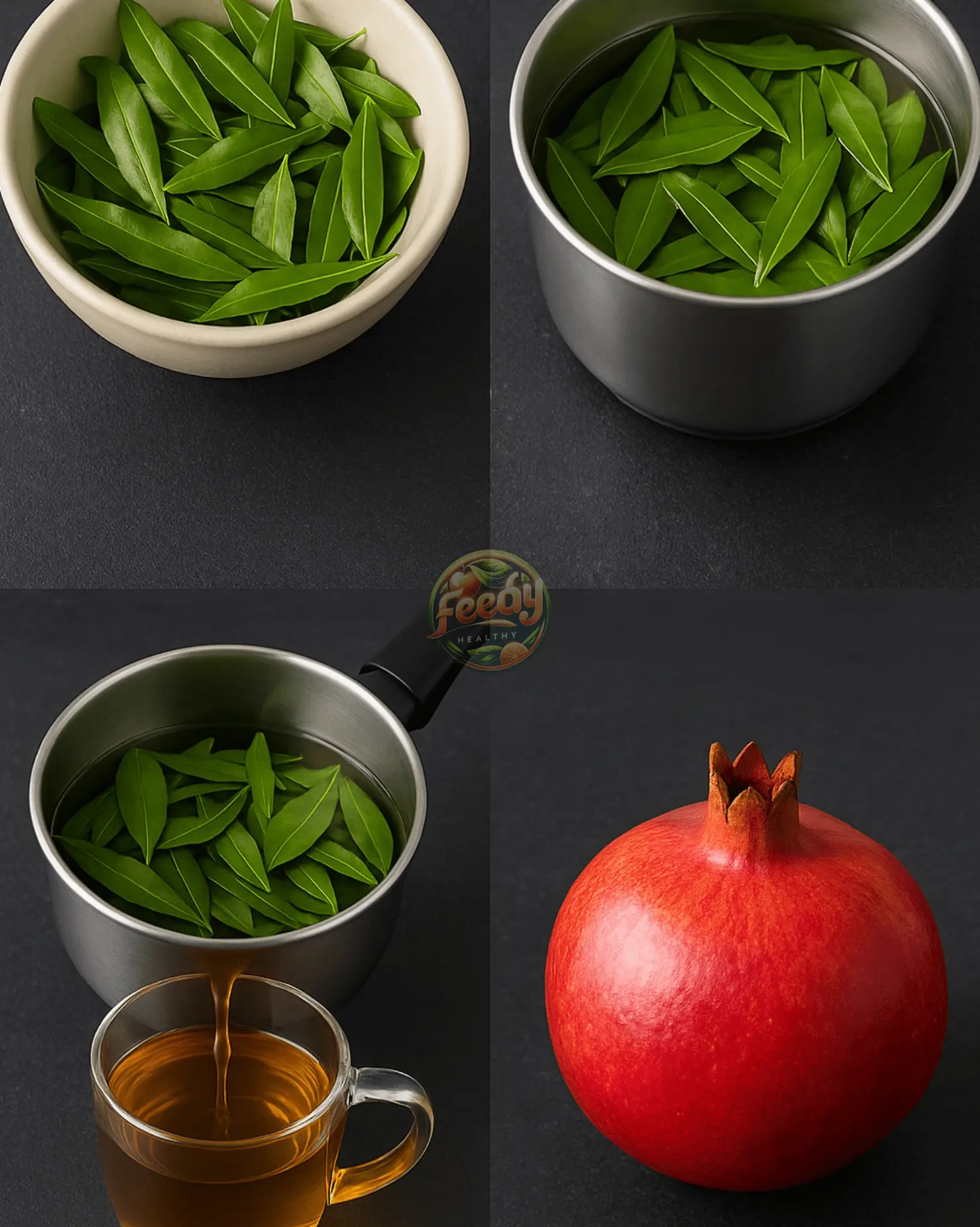
8 of the Best Anti-Cancer Foods. It’s Time to Start Adding them to Your Diet
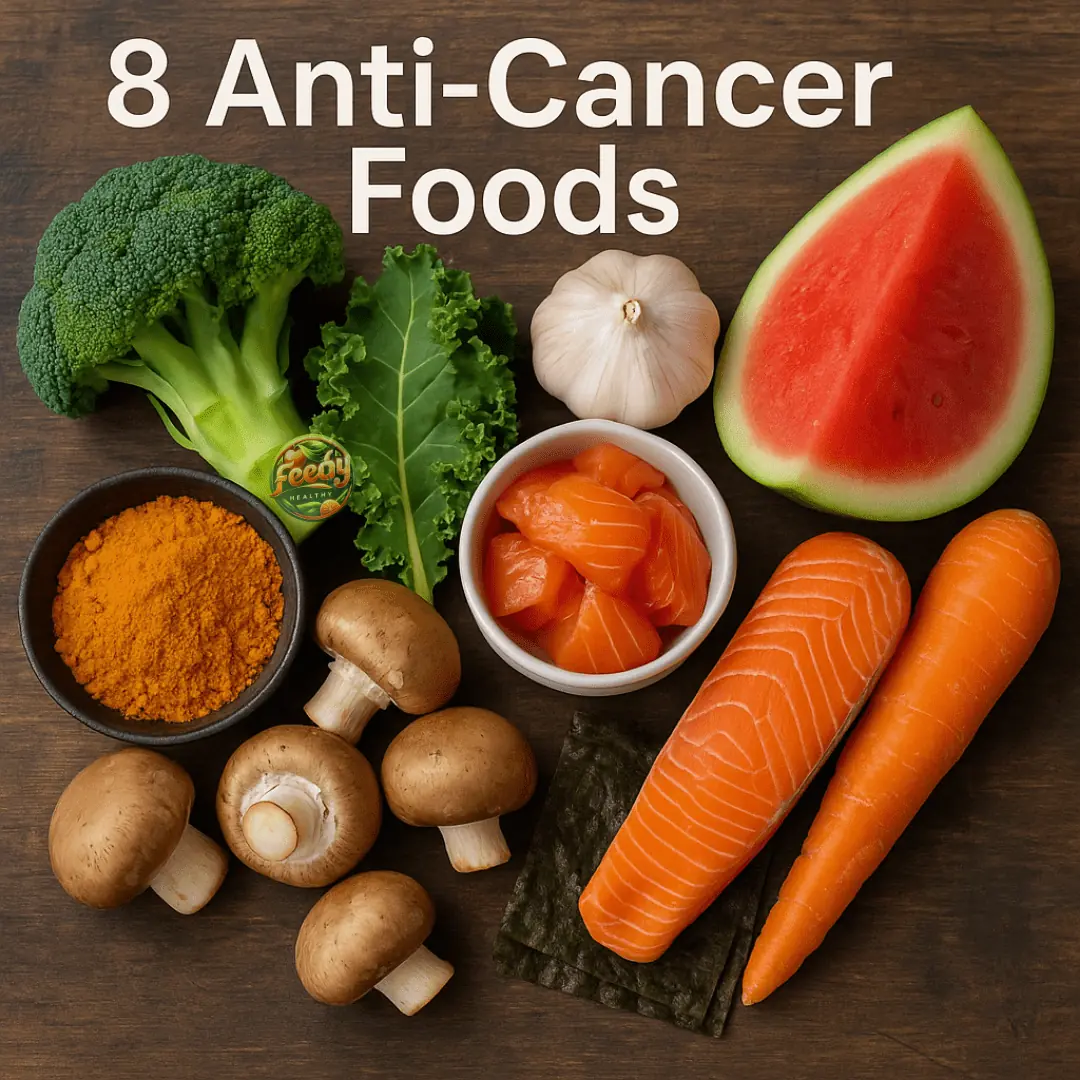
According to the American Cancer Society, the average adult in the U.S. has about a 40% chance of developing cancer during their lifetime. As this disease continues to affect millions, the medical community is placing growing emphasis on prevention strategies—and diet is at the forefront.
While no food can completely shield you from cancer, making smart dietary choices can significantly lower your risk. “Healthy food choices made consistently over time may help prevent cancer, but there are no guarantees,” explains Lindsey Wohlford, a wellness dietitian.
What Increases and Decreases Cancer Risk?
Certain dietary habits can either increase or decrease your risk of cancer.
Things to limit:
-
Red and processed meats
-
Alcohol
-
Refined carbs and sugars
-
Fried or heavily processed foods
Things to focus on:
-
Regular physical activity
-
A diet rich in phytochemical-filled fruits and vegetables
Phytochemicals, also called phytonutrients, are naturally occurring compounds in plant foods. While they don’t "fight" cancer directly, they help the body protect itself from developing it.
8 Anti-Cancer Foods to Add to Your Plate
Wohlford recommends “eating the rainbow” — choosing fruits and vegetables of many colors — to get a broad spectrum of phytochemicals. Here are eight powerhouse foods to help reduce your cancer risk:
1. Cruciferous Vegetables
Includes: Broccoli, kale, Brussels sprouts, cauliflower, bok choy, cabbage, arugula
These veggies are loaded with vitamins C, E, K, folate, carotenoids, and glucosinolates—sulfur compounds that may reduce cancer risk. Studies link them to lower incidences of lung, colorectal, breast, and prostate cancers.
2. Turmeric
This bright orange spice contains curcumin, known for its anti-inflammatory properties. Since chronic inflammation contributes to cancer development, turmeric may play a role in reducing risk. Curcumin has also shown potential in enhancing the effectiveness of chemotherapy and protecting healthy cells during radiation.
3. Mushrooms
Especially varieties like shiitake, maitake, turkey tail, and reishi, mushrooms contain antioxidants like L-ergothioneine and compounds that stimulate immune response. Long-term studies suggest mushrooms may lower prostate and breast cancer risks.
Fun Fact: Turkey Tail contains Polysaccharide K (PSK), which is already used in some countries as an immune-boosting cancer therapy.
4. Allium Vegetables
Includes: Garlic, onions, leeks, shallots
These foods are rich in sulfur-containing compounds that support detoxification. One large study in China found that people who ate more garlic and onions had up to a 79% reduced risk of colorectal cancer.
5. Wakame (Seaweed)
While most human studies are limited, lab tests suggest wakame may inhibit growth of breast, colon, and kidney cancer cells. It's also a great source of iodine, which is important for thyroid health. Just one serving delivers about 28% of your daily iodine needs.
6. Lycopene-Rich Foods
Found in: Tomatoes, watermelon, guava, papaya, red grapefruit, red bell peppers
Lycopene is a carotenoid antioxidant that gives red and pink fruits their color. It’s been especially linked to reduced prostate cancer risk. Cooked tomato products like sauce and paste are even higher in lycopene than raw tomatoes.
7. Beta Carotene-Rich Foods
Includes: Carrots, sweet potatoes, spinach, kale
Beta carotene is another type of carotenoid, important for lung and immune health. Note that supplements may not offer the same benefit—and in some cases, may even increase cancer risk. It's safest to get beta carotene through whole foods.
8. Fatty Fish
Such as: Salmon, sardines, mackerel, anchovies, Atlantic herring, albacore tuna
Fatty fish are rich in omega-3 fatty acids and vitamin D, both of which may lower the risk of developing certain cancers. Aim for two servings per week for optimal benefits.
Bonus: Other Cancer-Fighting Foods
The following foods also offer protective benefits and are worth adding to your meals:
-
Berries and citrus fruits (antioxidants and vitamin C)
-
Lentils and legumes (fiber and plant protein)
-
Whole grains like oats and brown rice
-
Olive oil (rich in healthy fats and polyphenols)
-
Green and white teas (contain catechins with anti-cancer potential)
It's Not Just About What You Eat
Preventing cancer isn't just about adding healthy foods—it's also about avoiding harmful ones. Minimize:
-
Processed meats
-
Deep-fried foods
-
Excessive sugar and alcohol
And prioritize:
-
Regular exercise
-
Adequate sleep
-
Stress management
-
Avoiding smoking and excessive alcohol
Final Thoughts: You Can Lower Your Risk
While there’s no magic bullet to prevent cancer completely, you can dramatically reduce your risk with a plant-forward, nutrient-dense diet and a healthy lifestyle.
Choosing foods that are rich in phytochemicals, maintaining physical activity, and avoiding known carcinogens are powerful steps you can take every day. Doing so not only protects you from disease but also helps you feel better, live longer, and thrive.
News in the same category

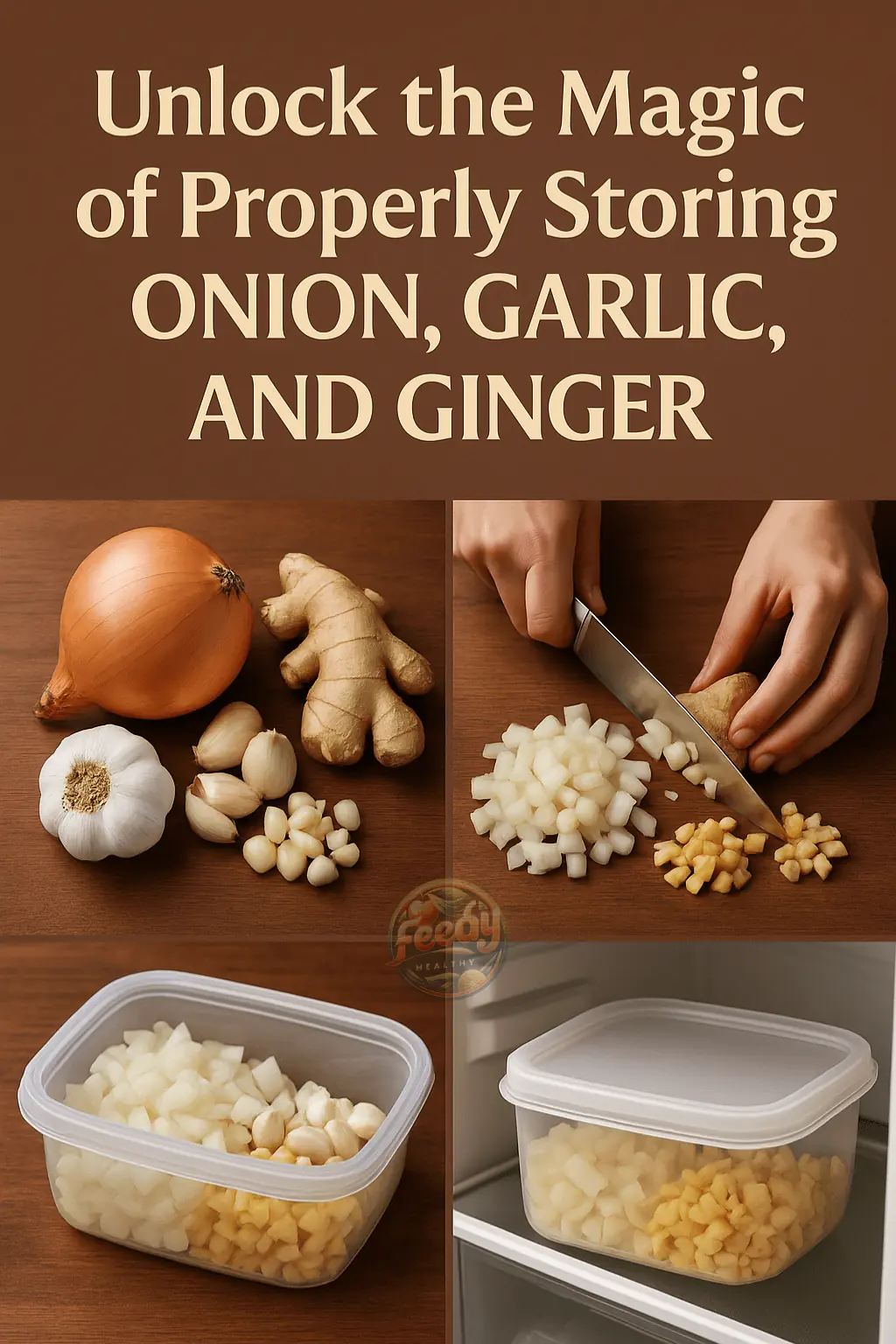
Unlock the Magic of Properly Storing Onion, Garlic, and Ginger
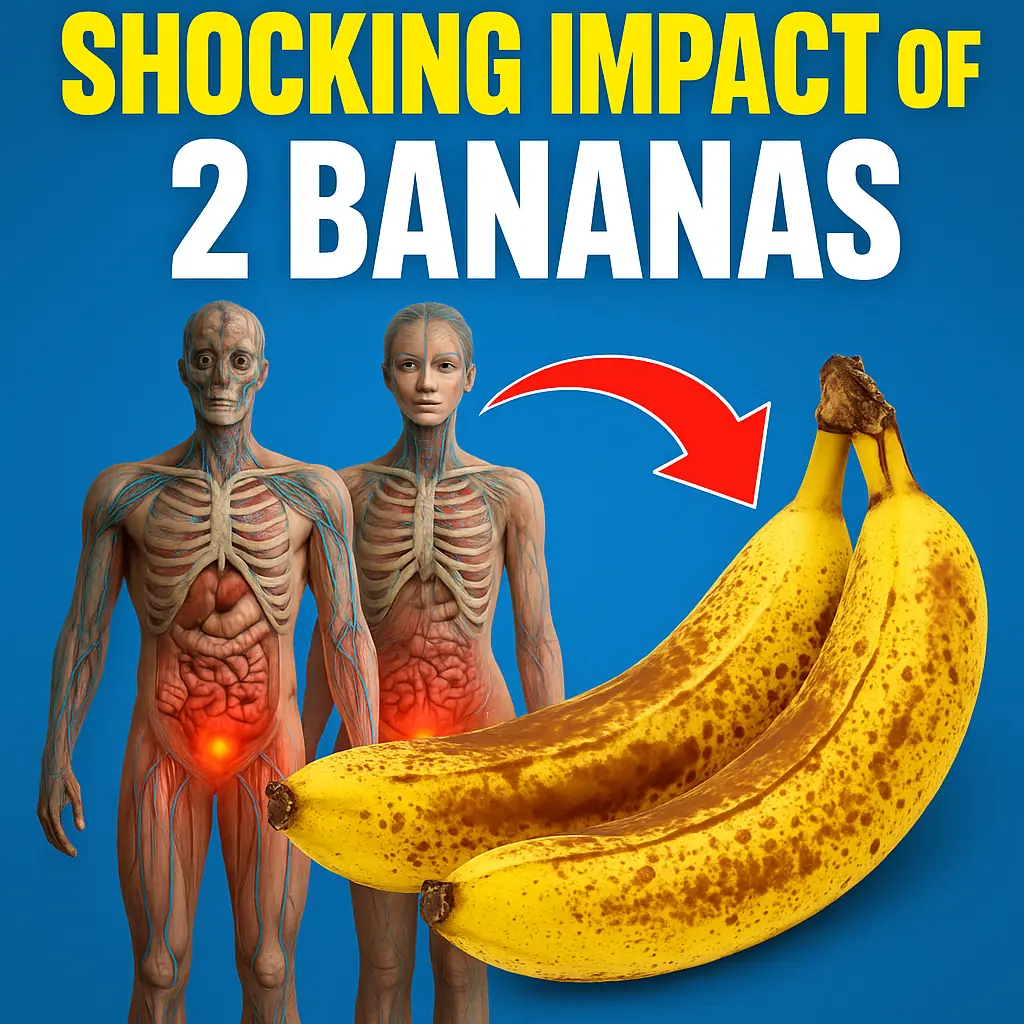
If You Eat 2 Bananas a Day, This Is What Happens to Your Body!
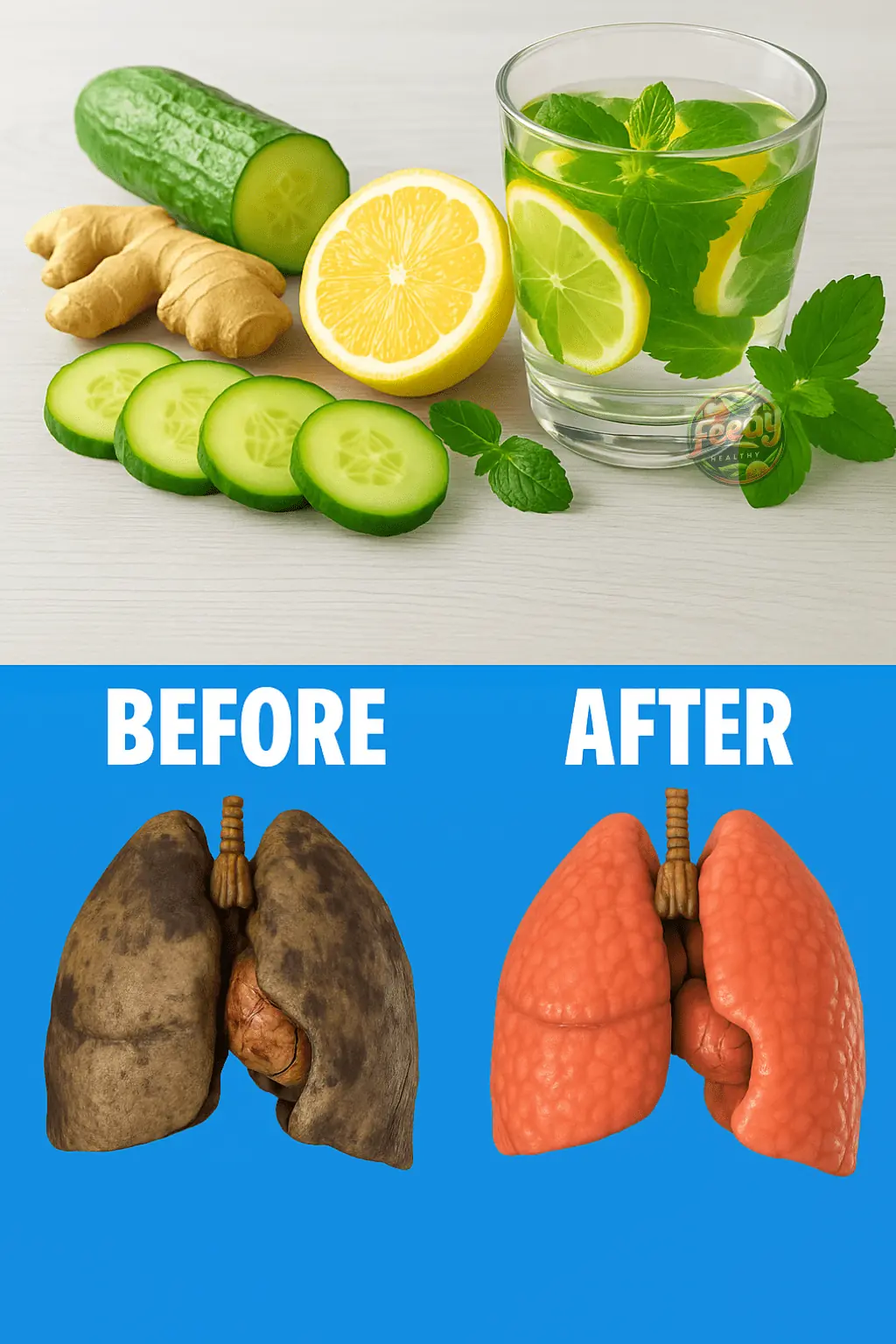
9 Reasons Why You Should Drink Cucumber, Ginger, Mint, Lemon, and Water Every Day
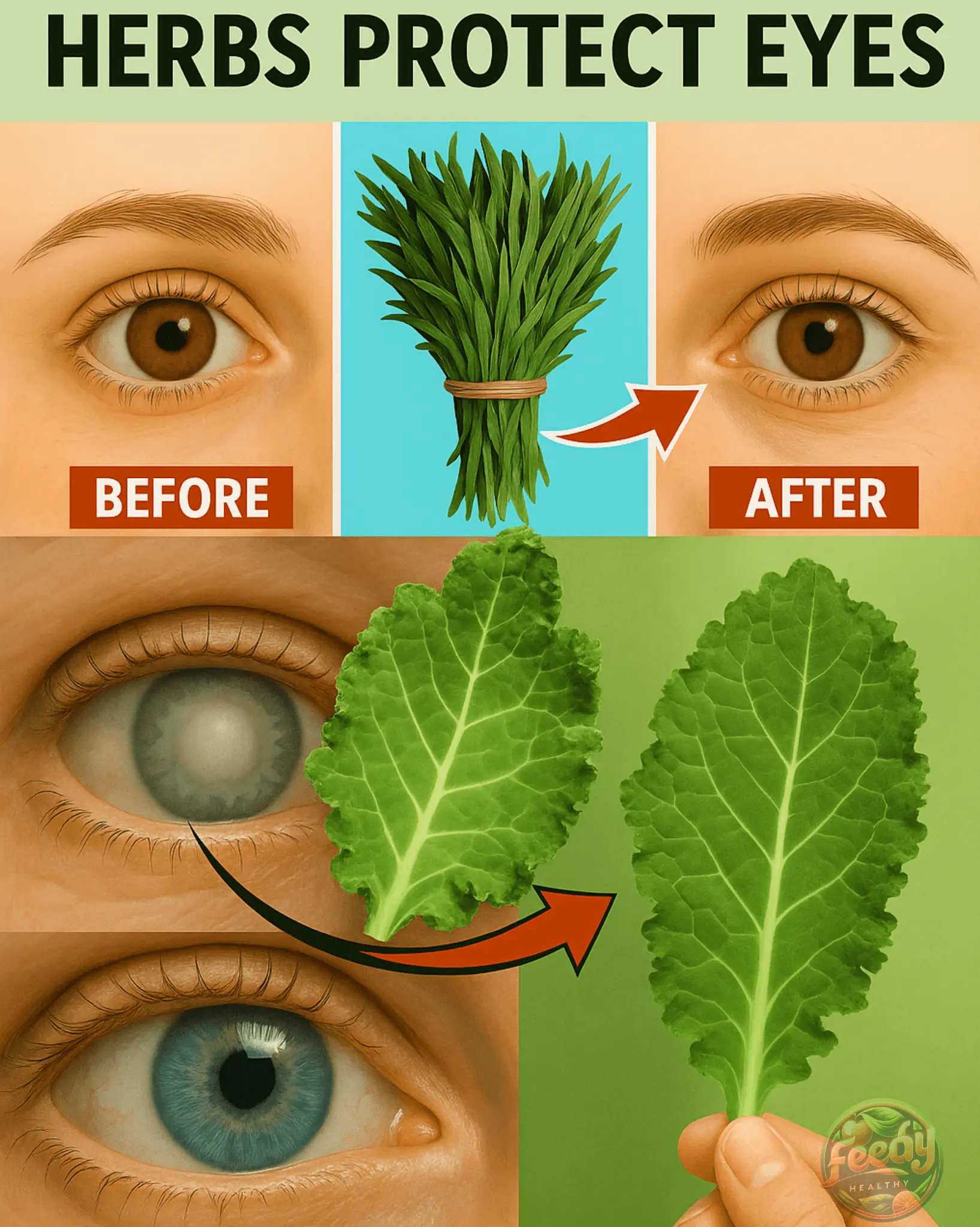
👁️🌿 5 Powerful Leaves That Naturally Boost Eye Health (Backed by Nutrients, Not Prescriptions)
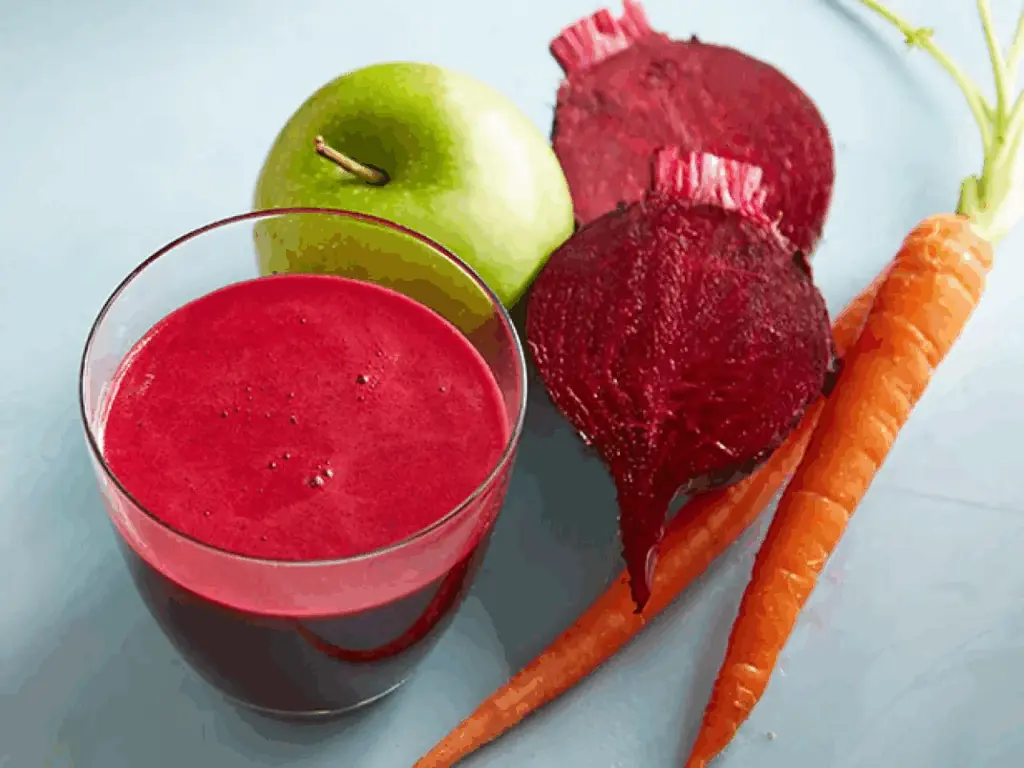
Want Better Health? Try This Delicious Carrot, Beetroot, and Apple Juice Today!
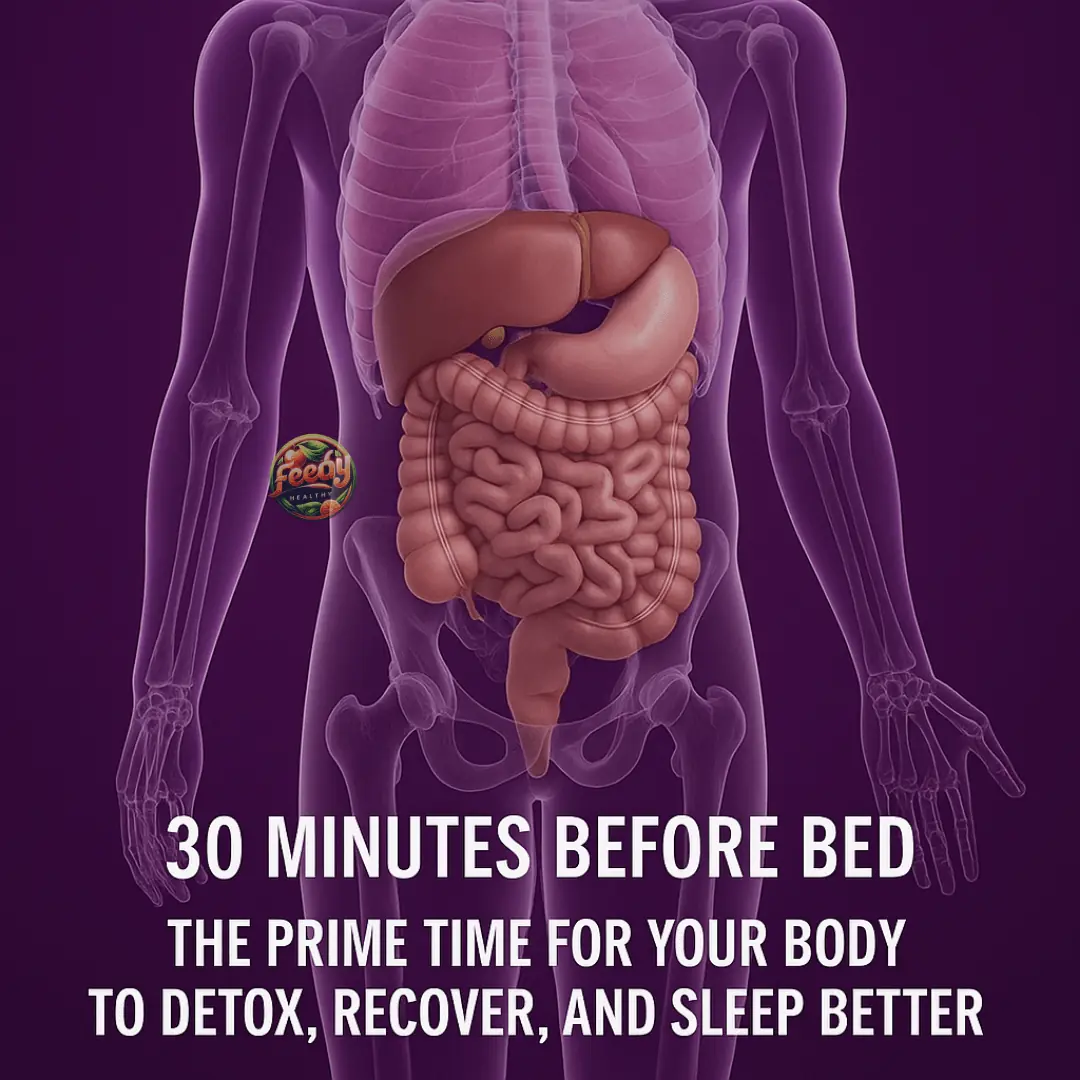
30 MINUTES BEFORE BED – THE “GOLDEN TIME” FOR DETOX, RECOVERY, AND BETTER SLEEP
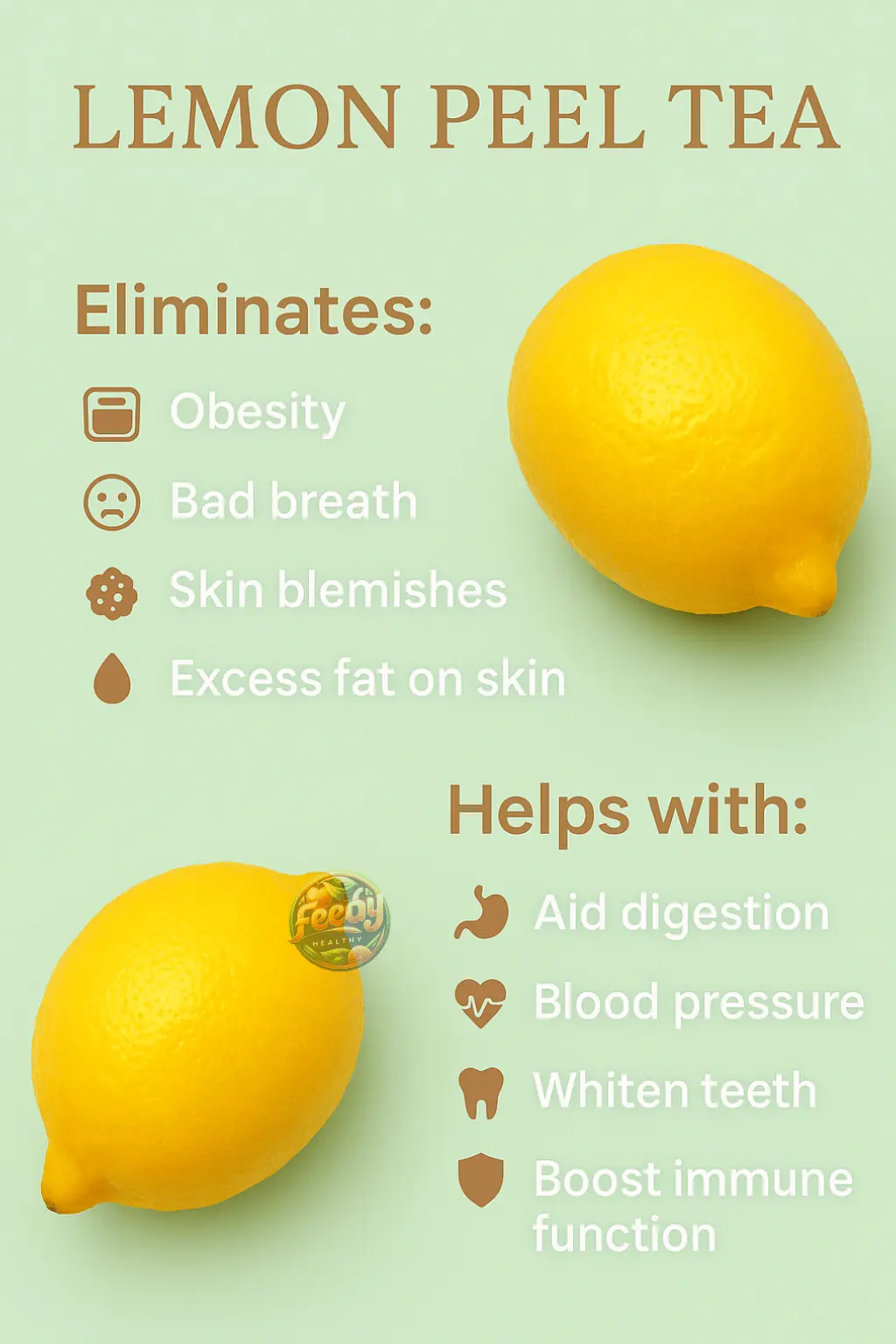
LEMON PEEL TEA – A NATURAL REMEDY FOR YOUR HEALTH
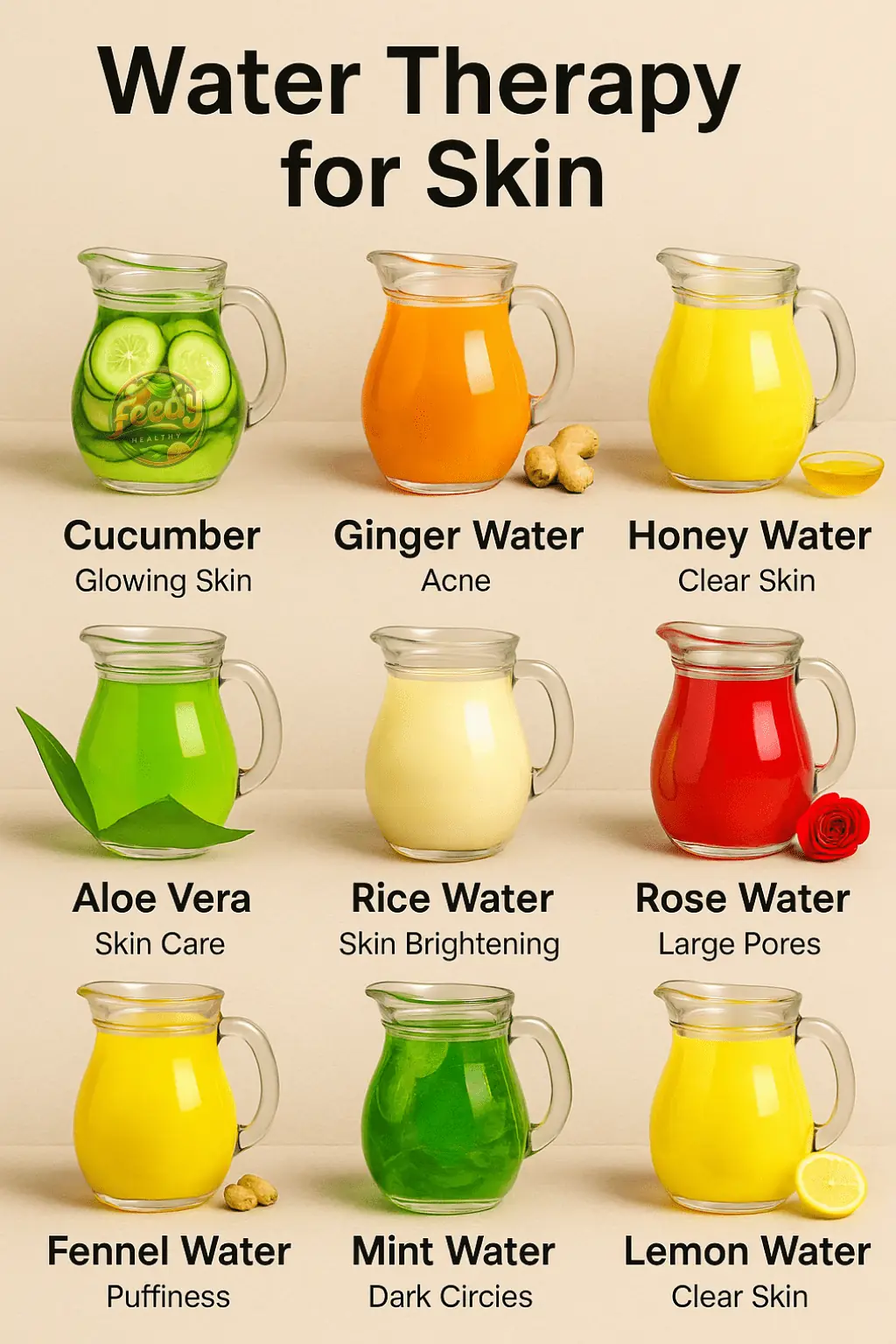
Daily Skincare Detox Water Therapy
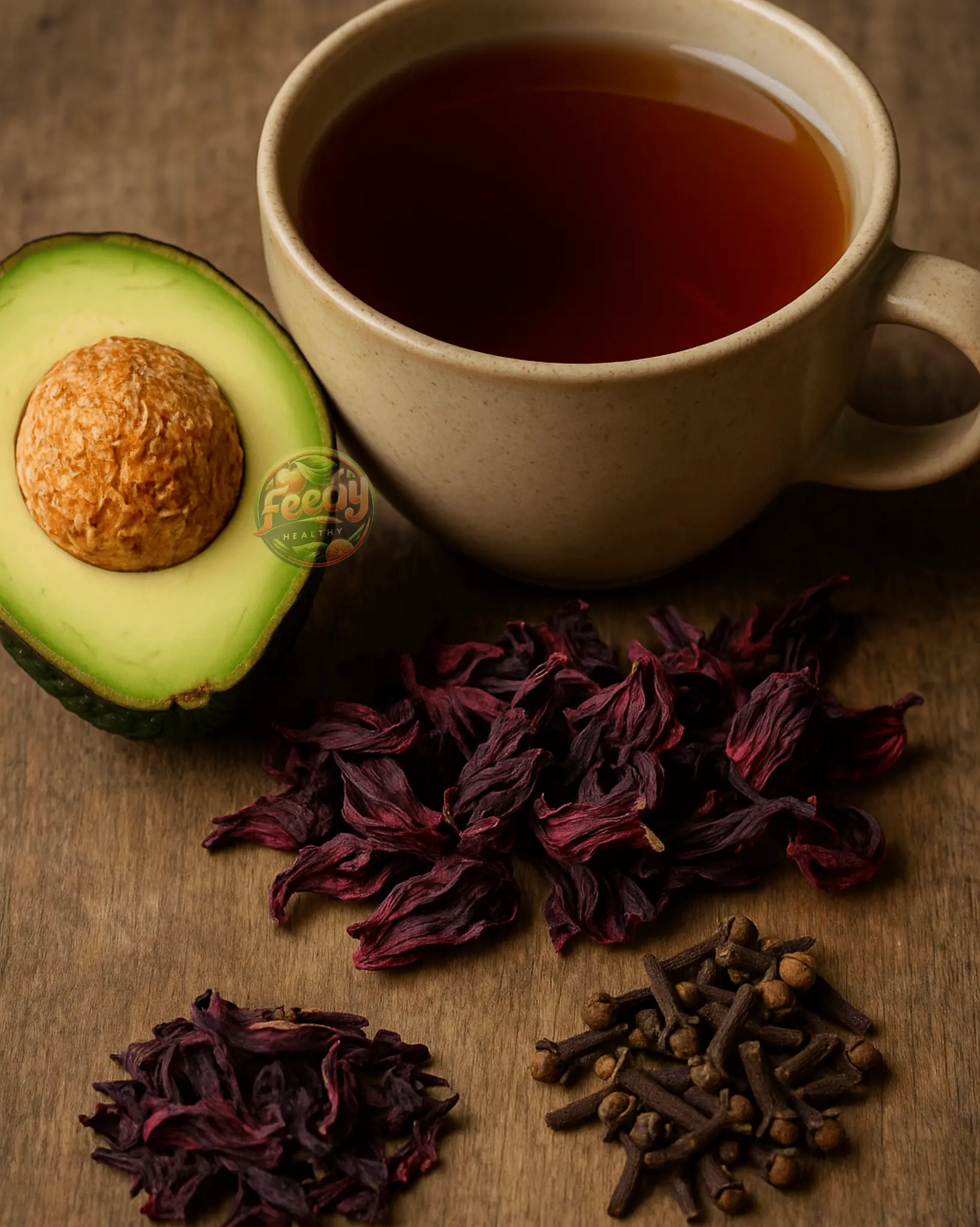
The Seed That Emptied Hospitals: A Natural Remedy for Cancer, Diabetes, High Blood Pressure, and Poor Circulation
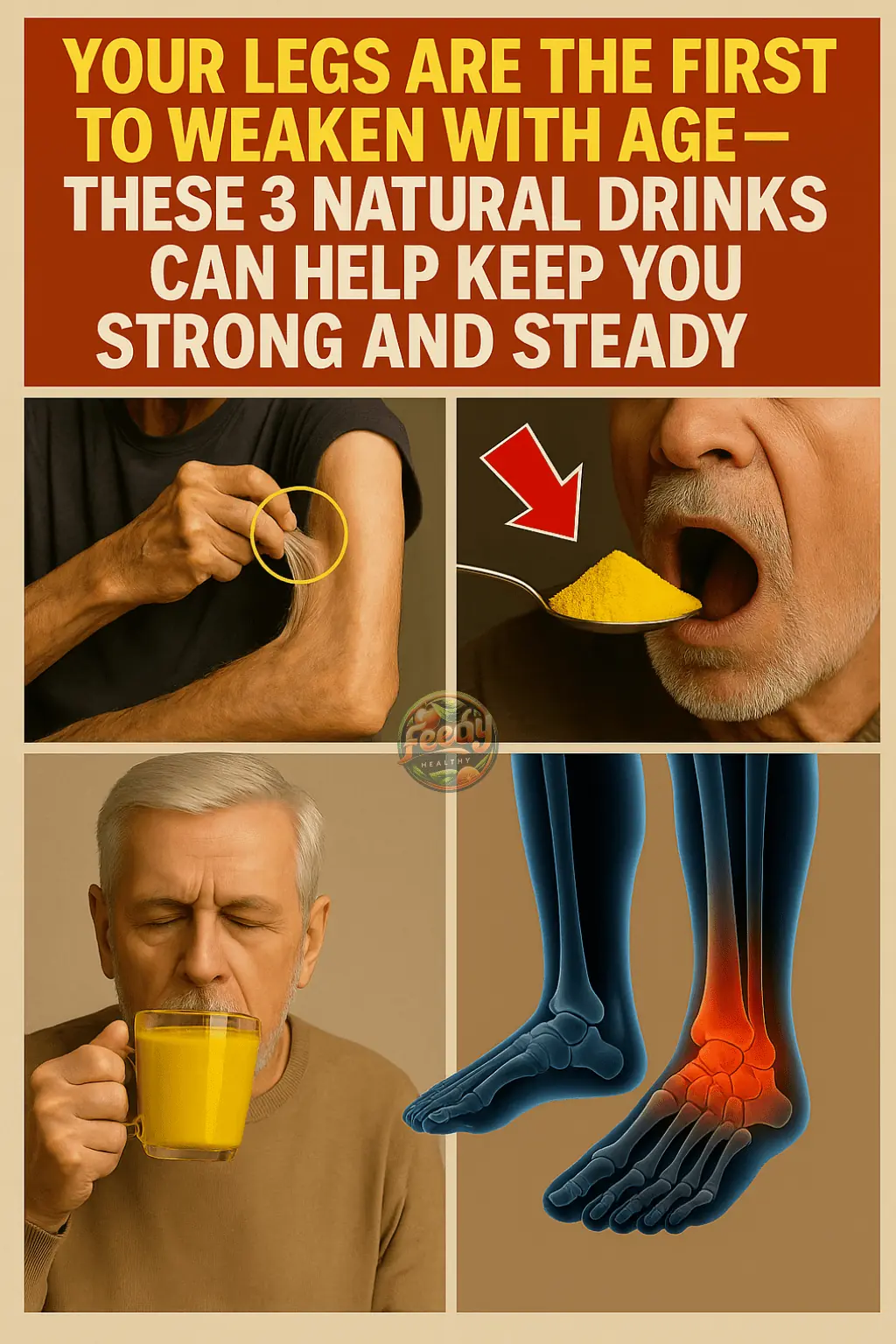
Your Legs Are the First to Weaken with Age — These 3 Natural Drinks May Help You Stay Strong and Steady
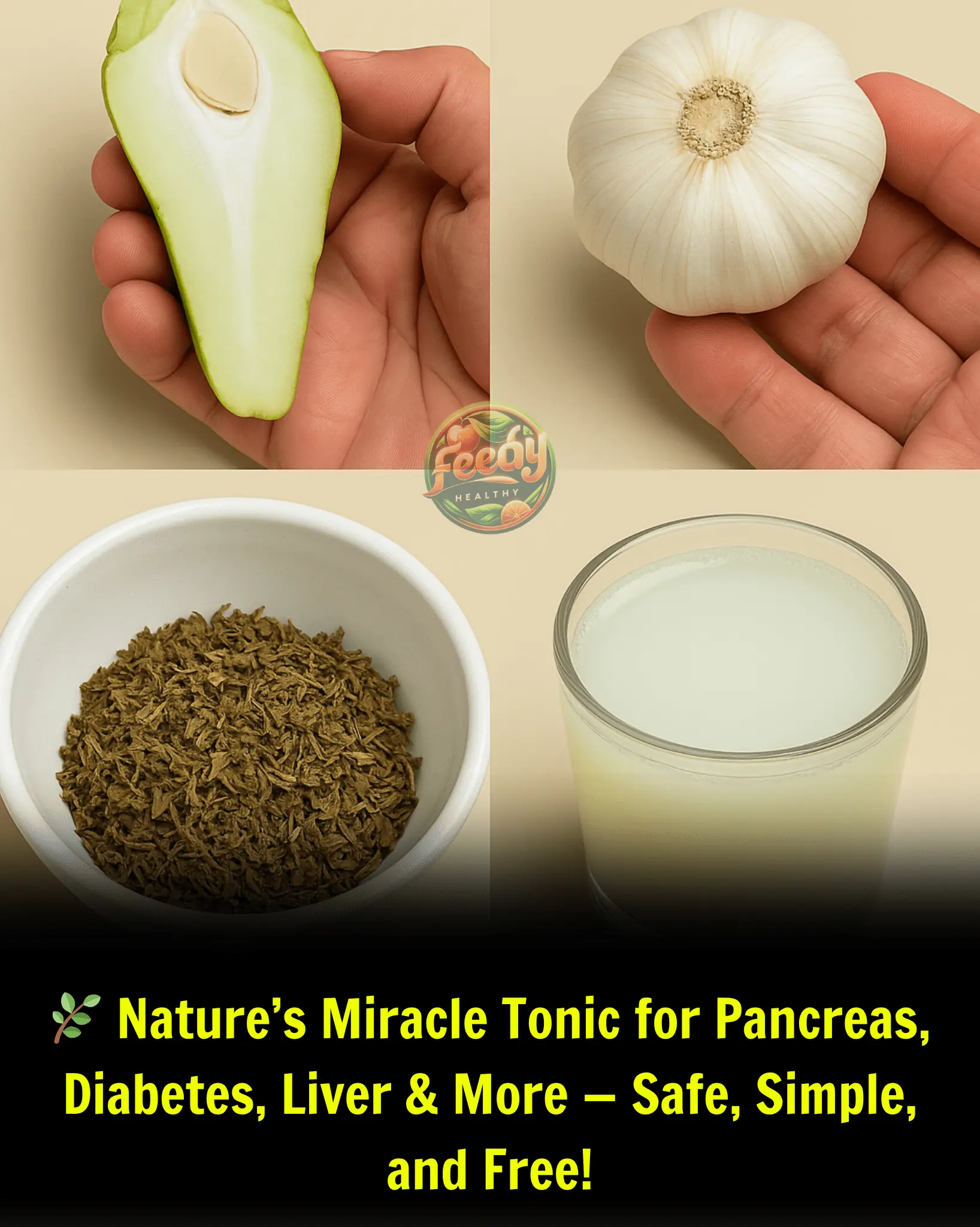
The Miracle Drink for Pancreas, Diabetes, Liver, Circulation & Cancer – All Natural and Free!
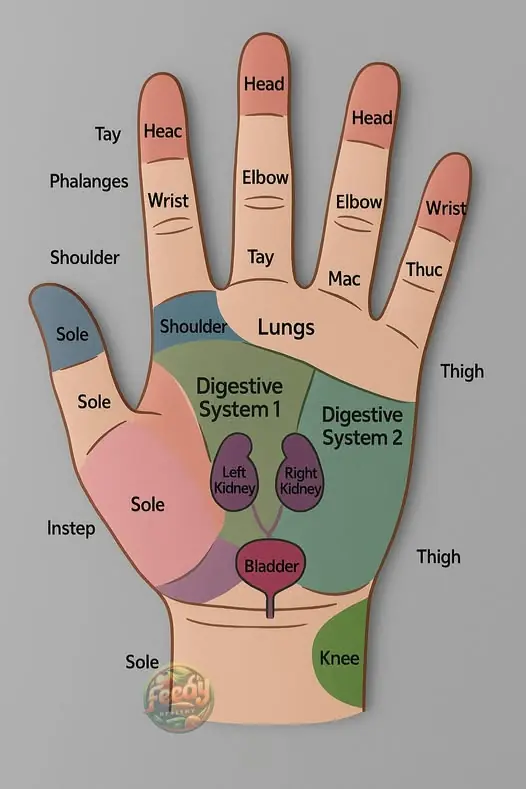
PRESS THE RIGHT POINTS – ACTIVATE YOUR BODY’S NATURAL HEALING POWER
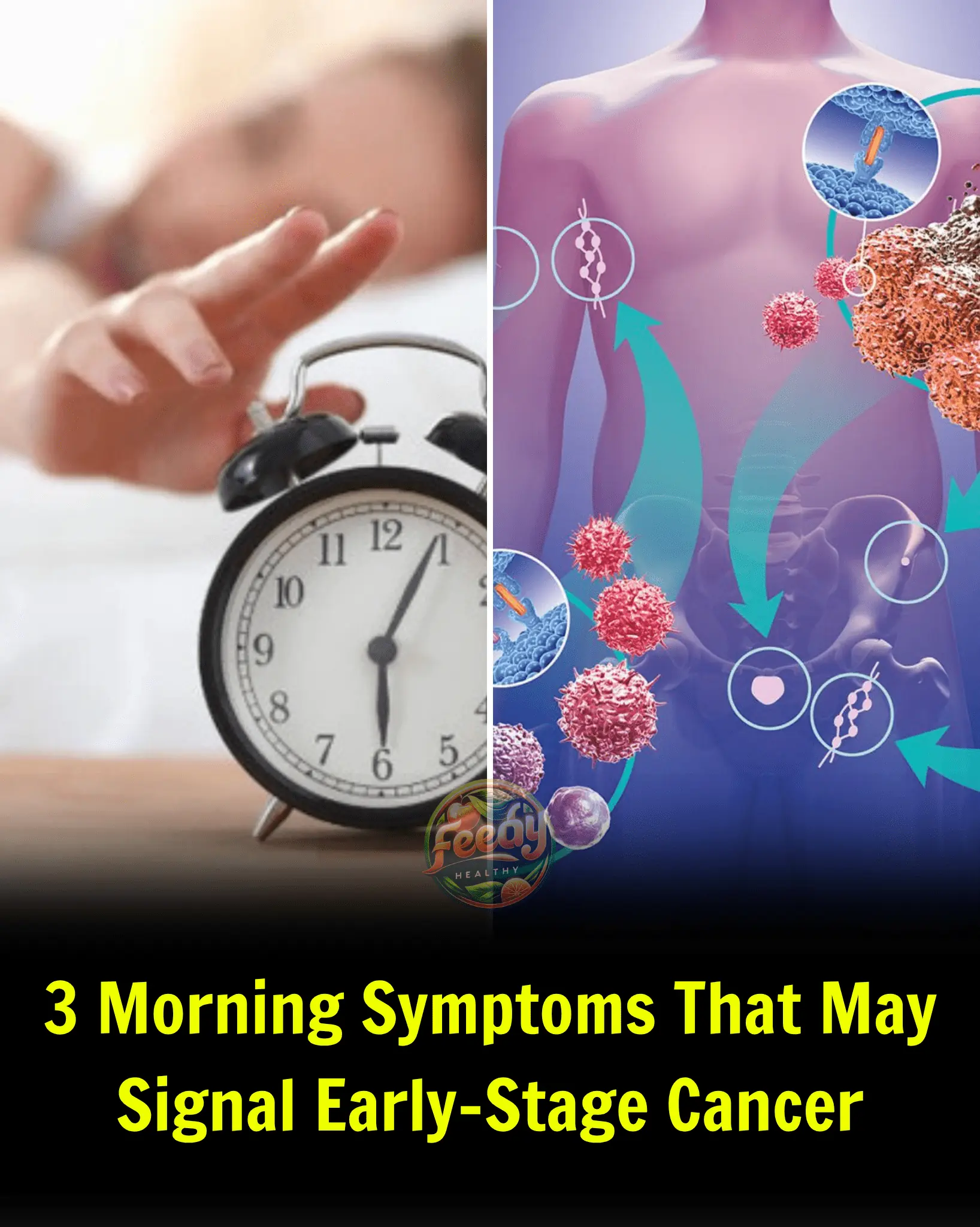
3 Morning Symptoms That May Signal Early-Stage Cancer
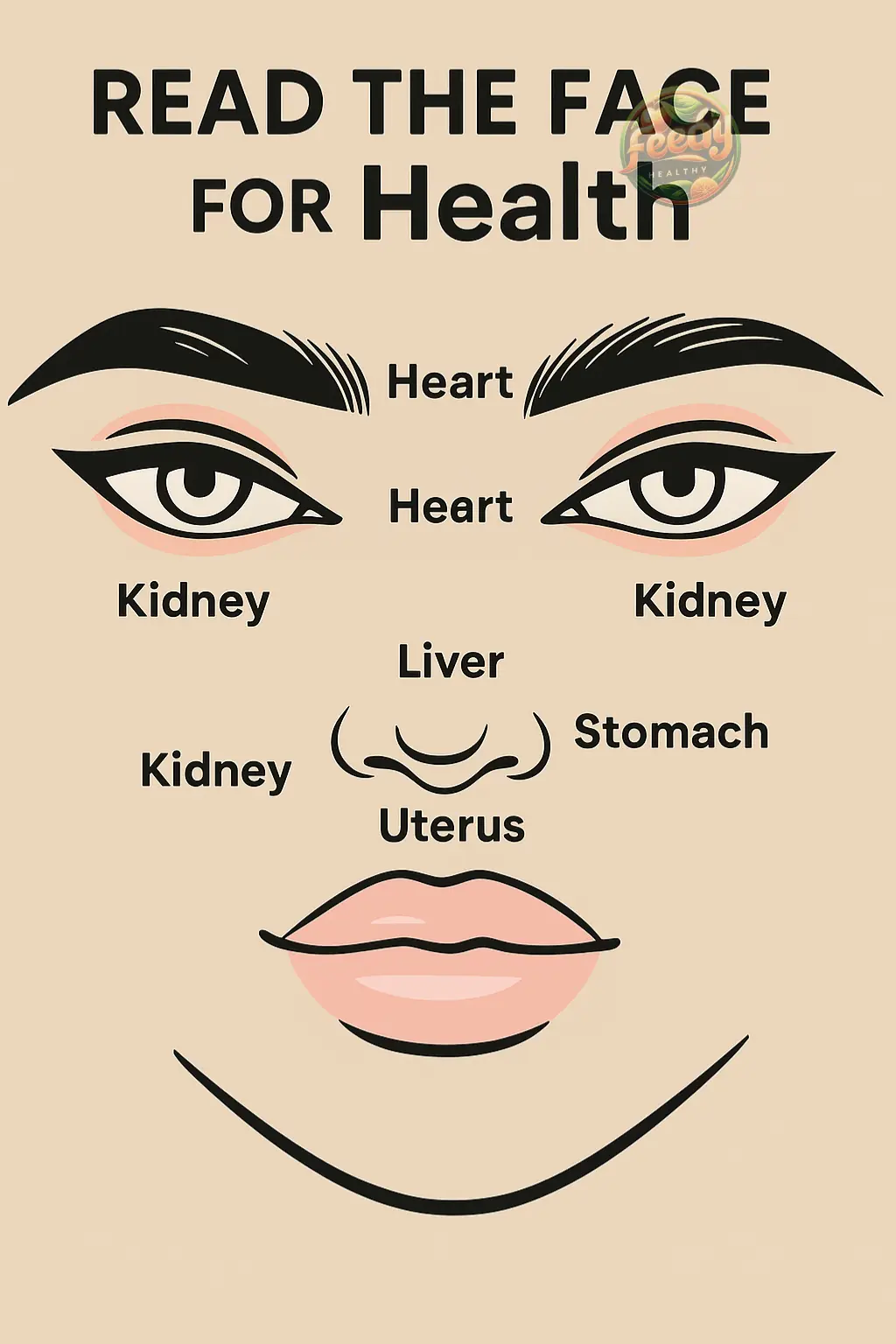
Learn to Listen to Your Body: Read the Face for Health
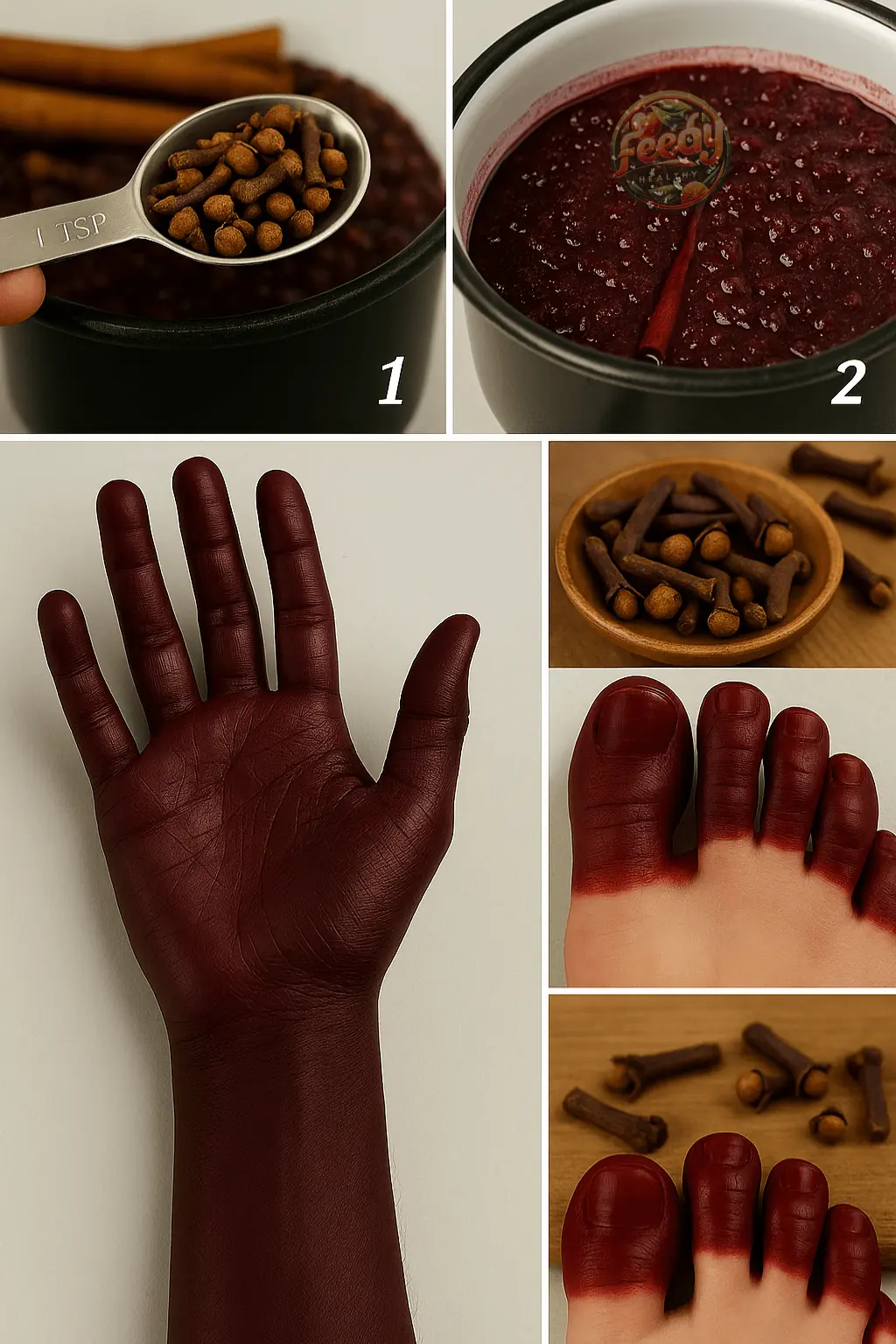
Henna Hacks: How Cloves Unlock Darker, Richer Stains Naturally
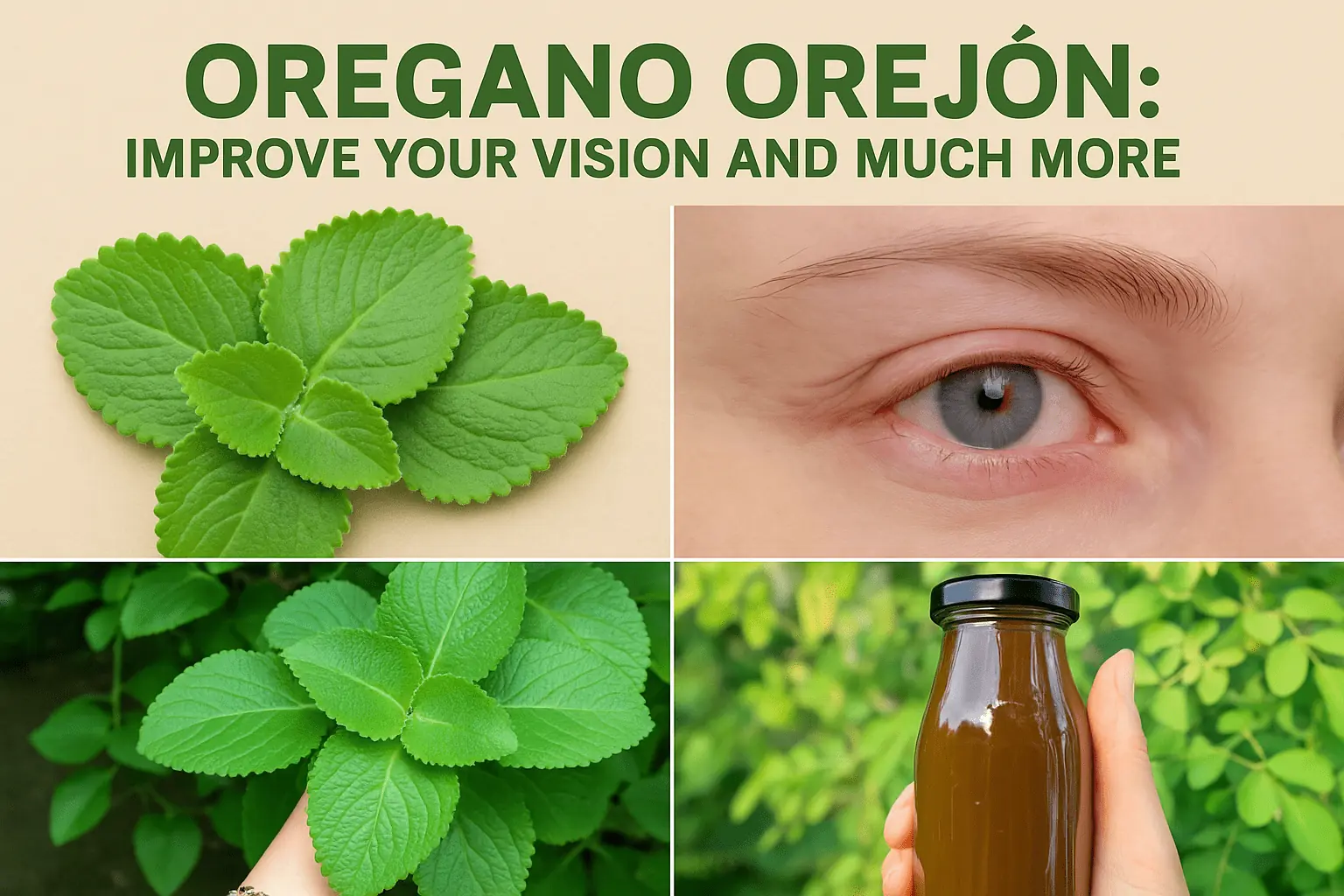
🌿 Oregano Orejón: Improve Your Vision and Much More
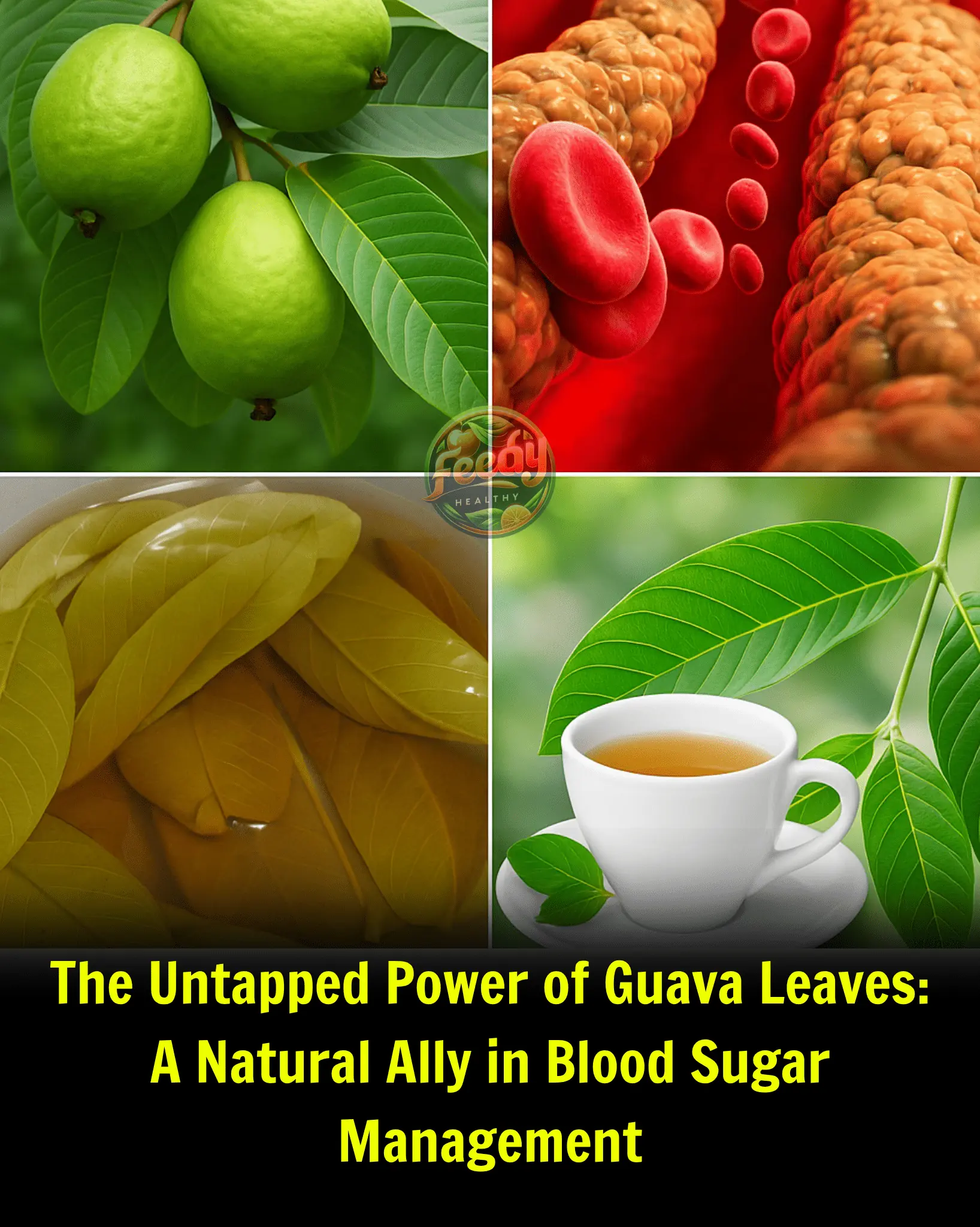
The Hidden Power of Guava Leaves for Blood Sugar Control: What Every Diabetic Should Know
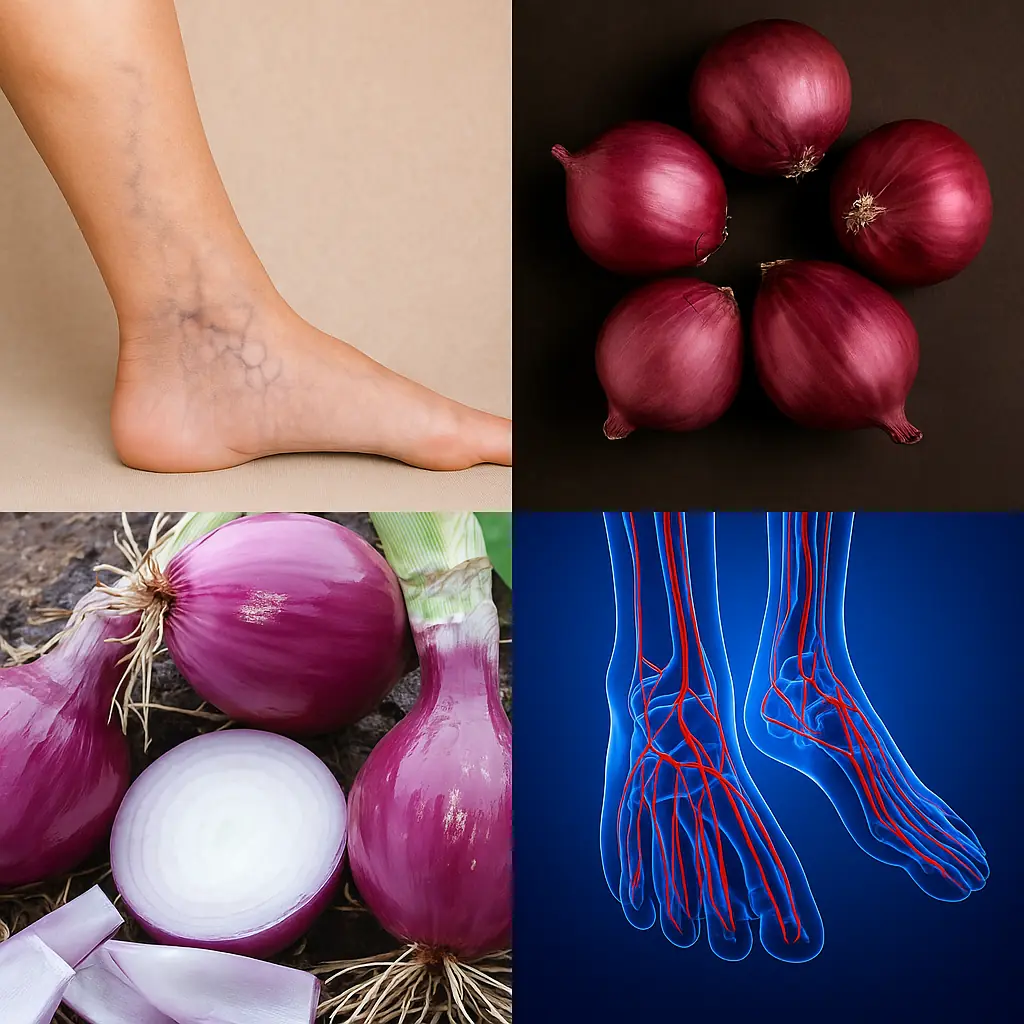
Varicose Veins Have Disappeared Without a Trace! No More Foot Pain – 100% Natural Remedy with Red Onion!
News Post

Sleepy Polar Bear Portrait Wins the Wildlife Photographer of the Year People’s Choice Award

A Touch of Viking Brilliance: Moss-Carpeted Homes in Norway

If You See This Plant, Grab It Immediately – It Could Change Your Health!
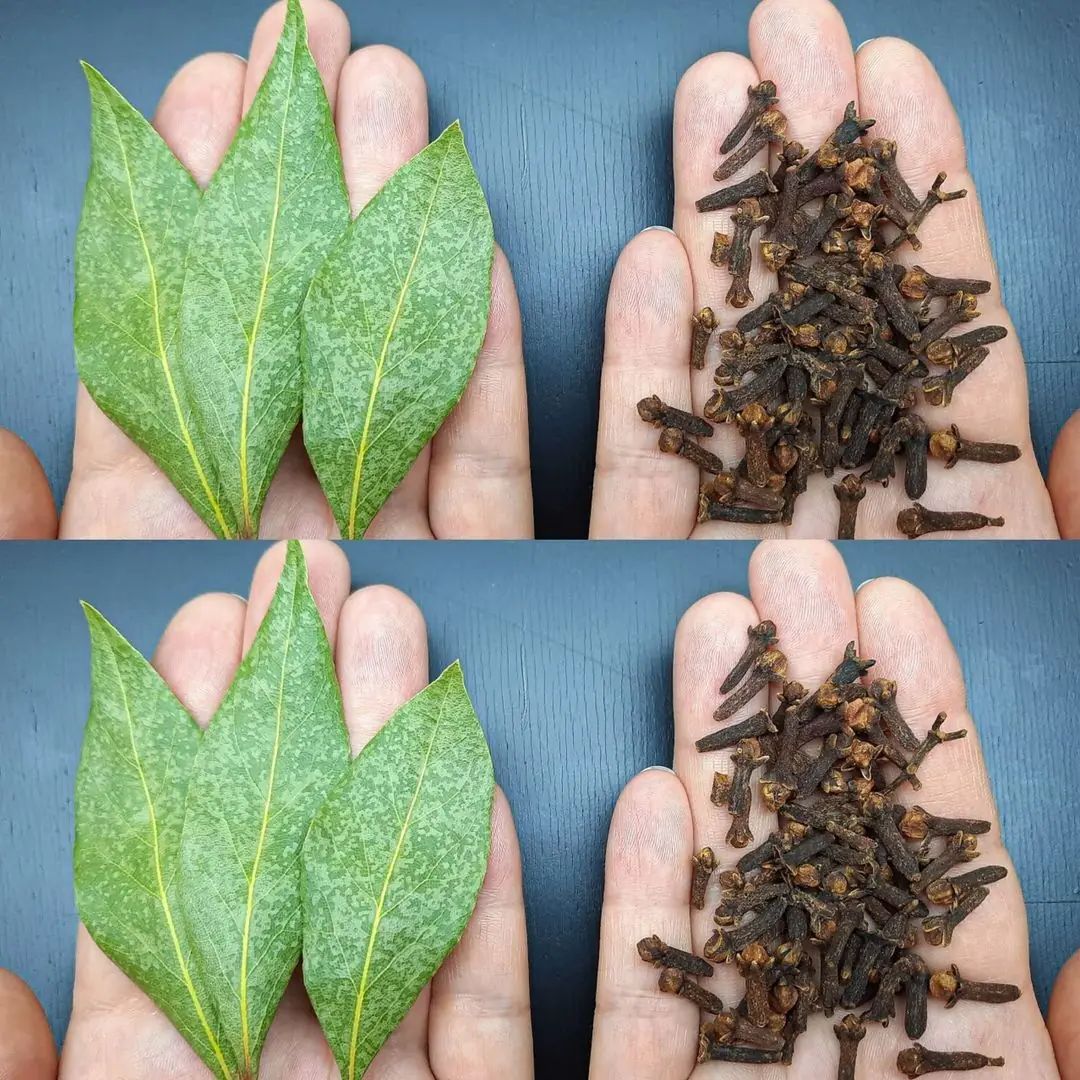
Mix Bay Leaf and Clove Together and You Will Thank Me for This Recipe!
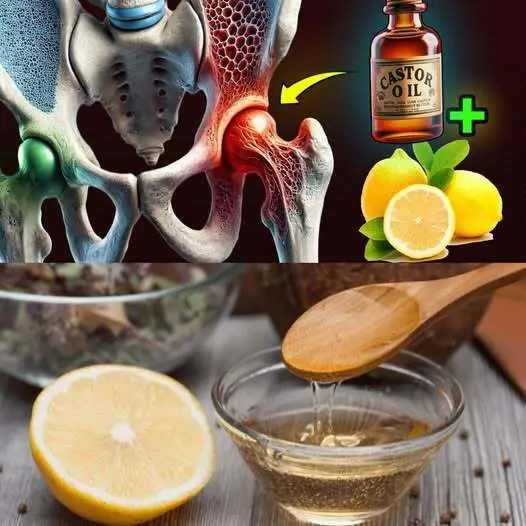
Easier Digestion and Nutrient Absorption
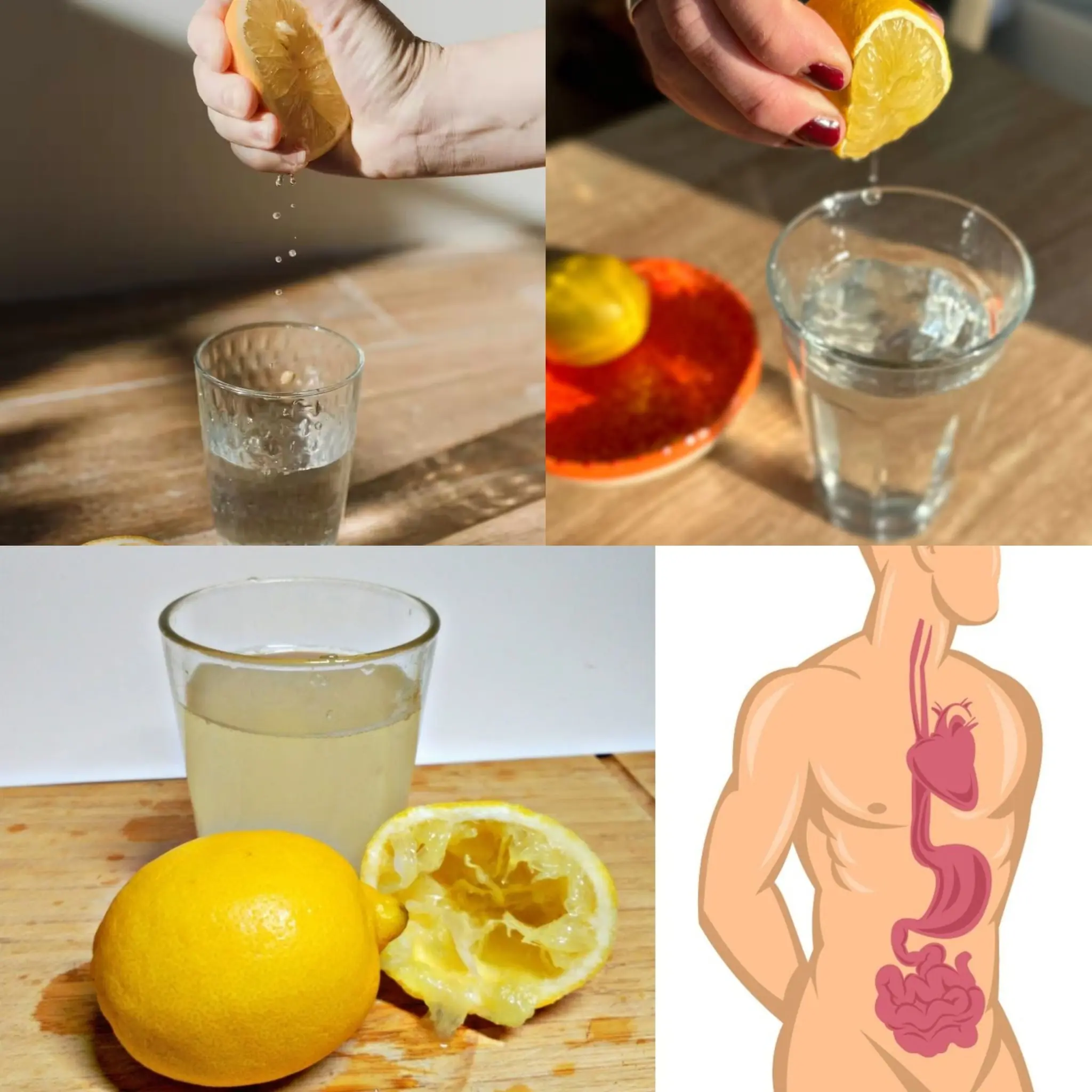
The Refreshing Benefits of Drinking Lemon Water in the Morning
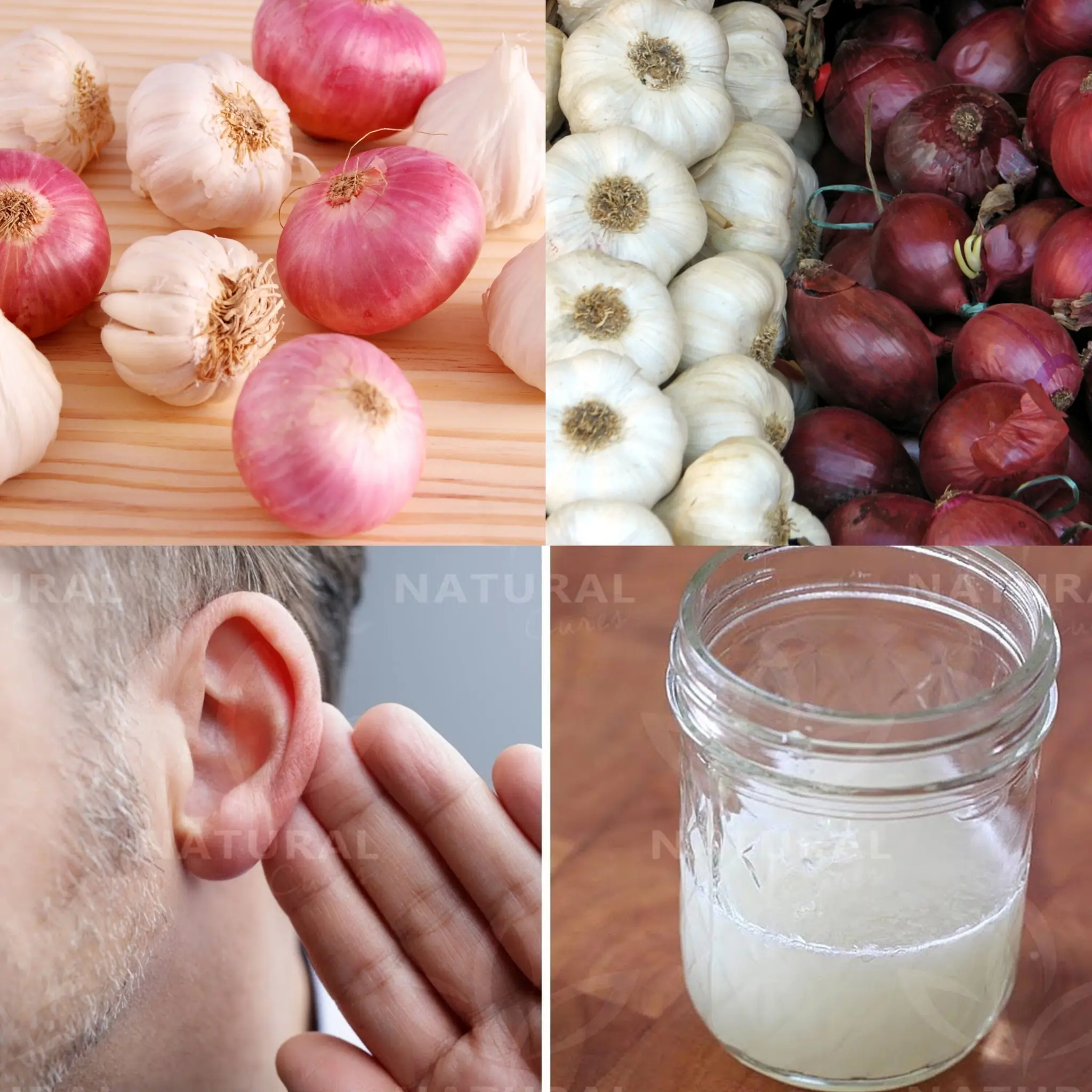
Garlic and Onion: Natural Remedies for Improving Hearing Loss
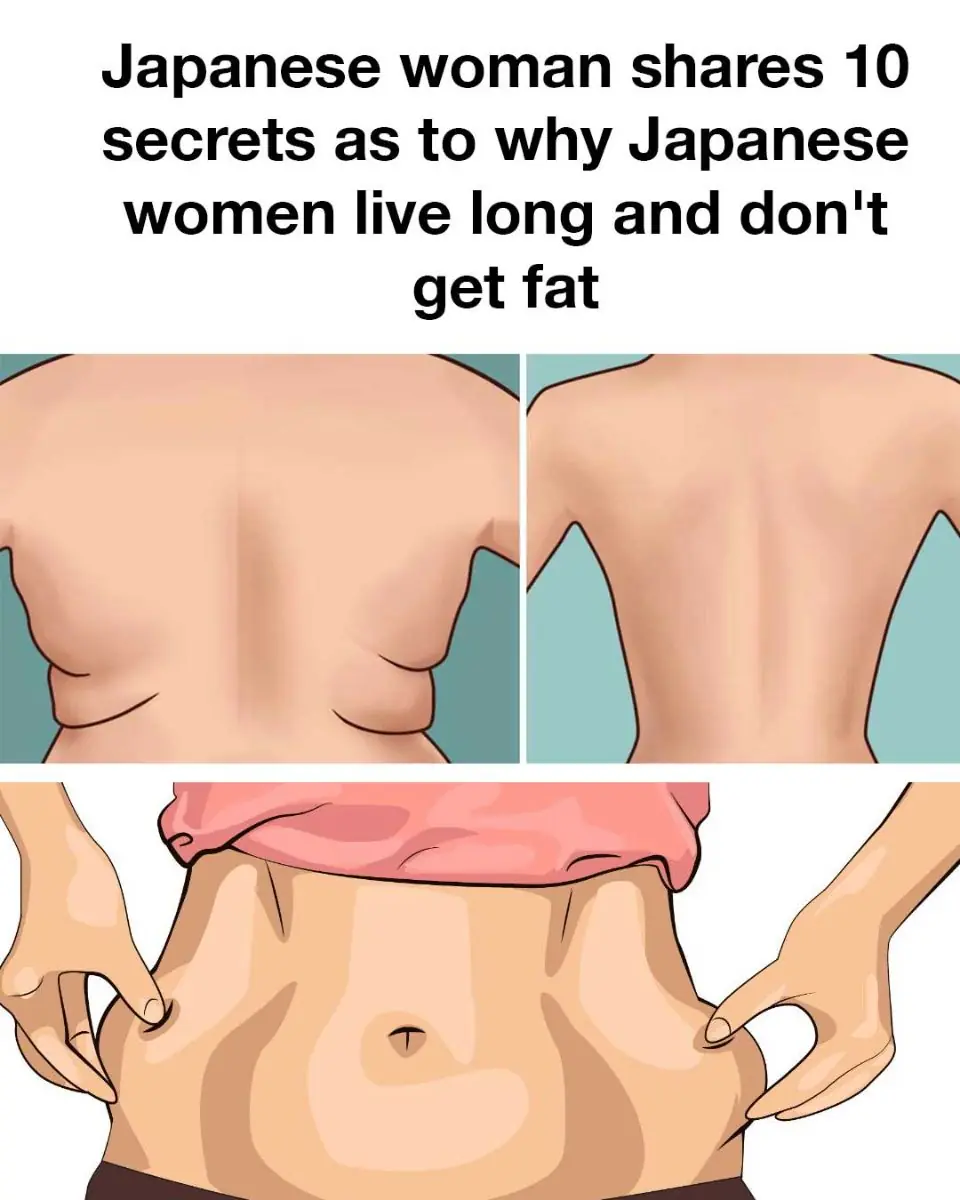
Yes yes yes
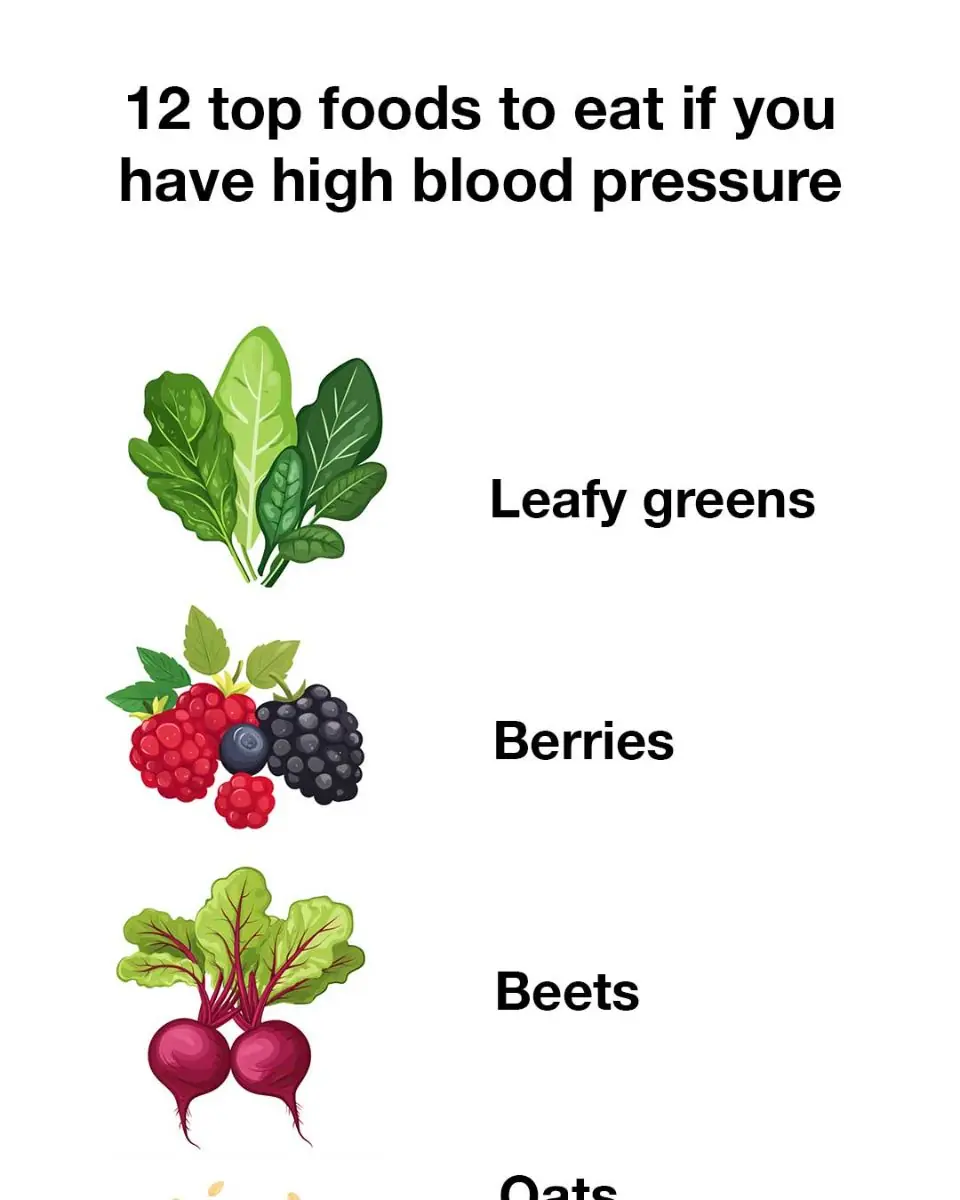
12 top foods to eat if you have high blood pressure
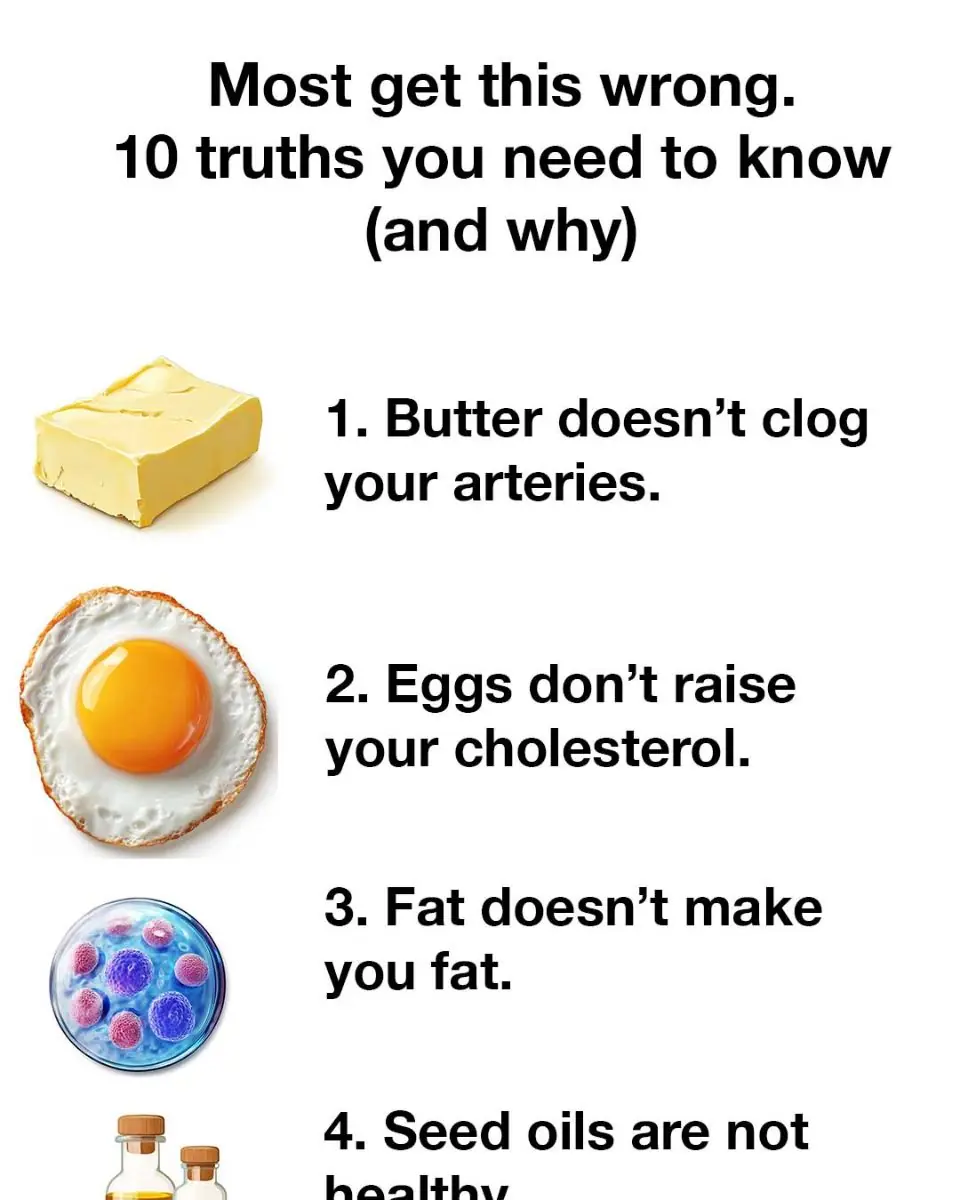
Most get this wrong. 10 truths you need to know
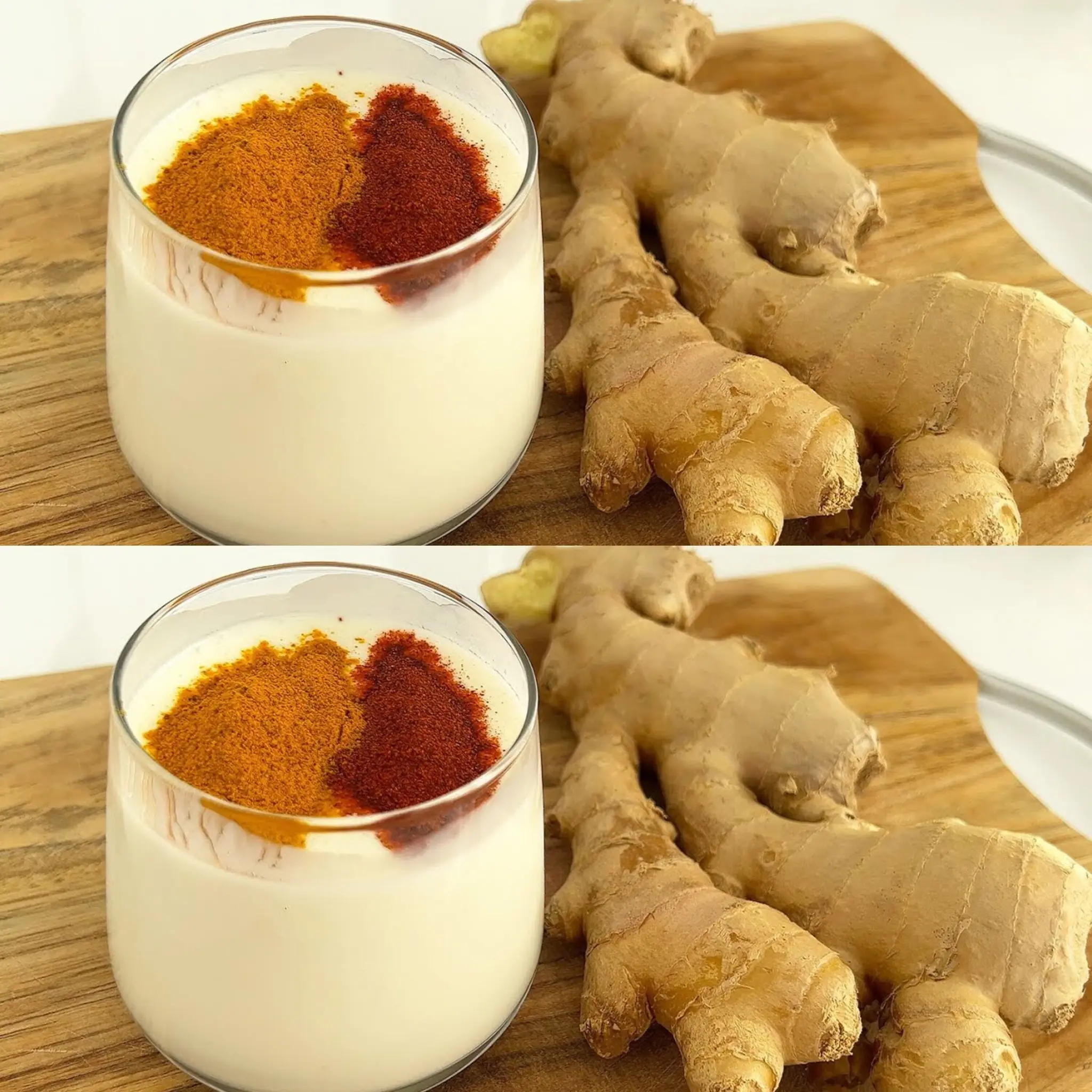
Ginger and Kefir: A Powerful Bedtime Drink
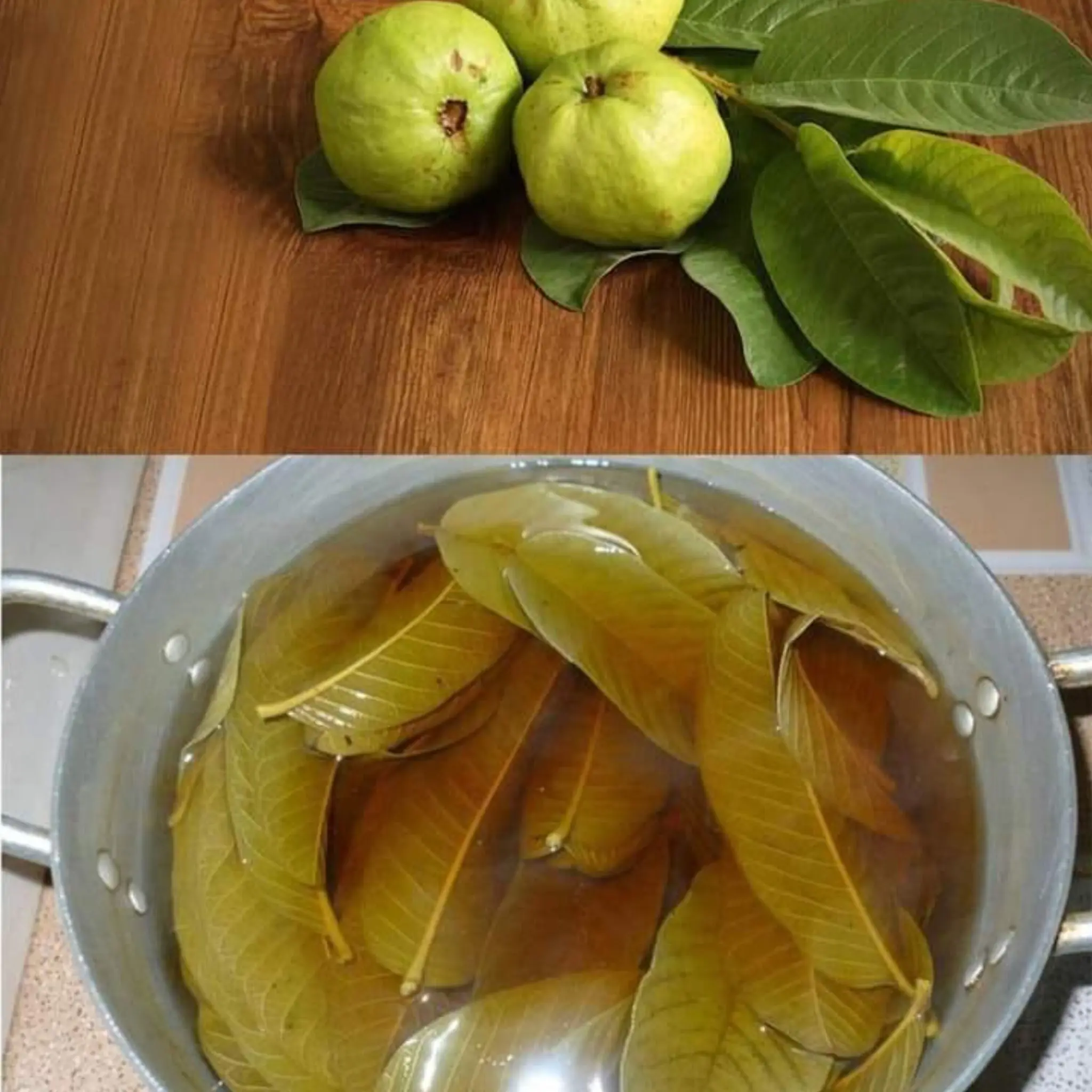
The Ultimate Morning and Evening Herbal Tea ?
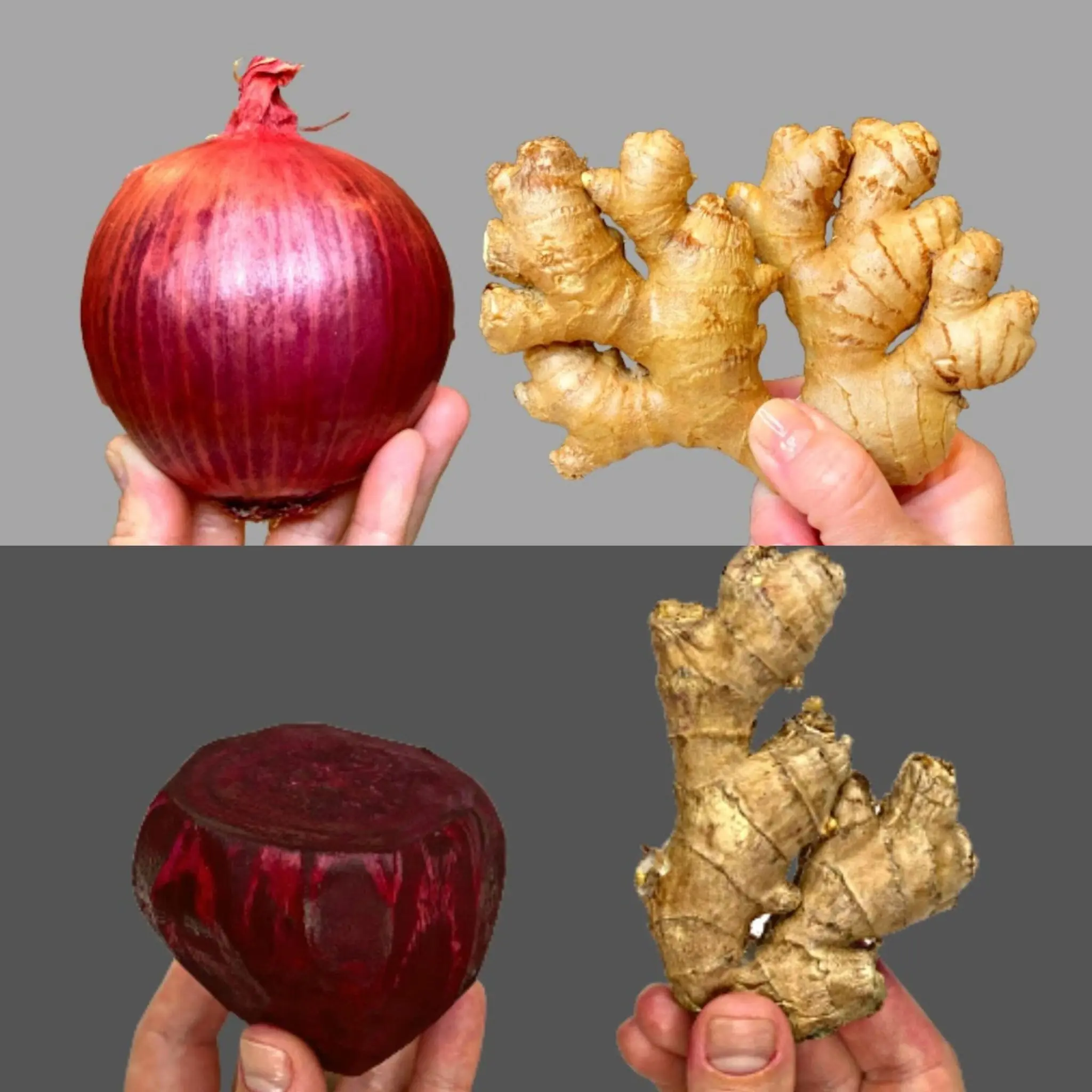
I Have Not Been Sick for 35 Years: Beets and Ginger Keep My Vision Clear, Mind Sharp, and Blood Pressure Normal
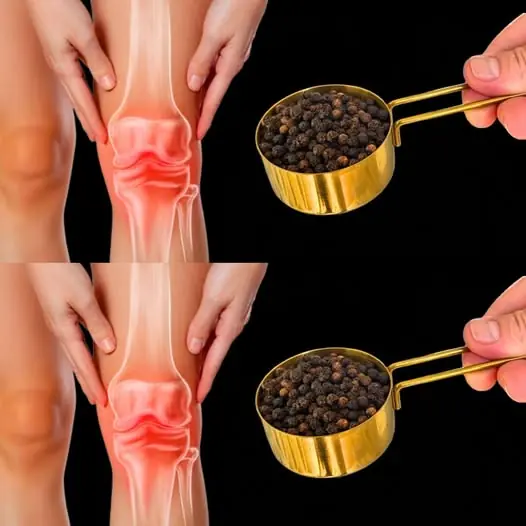
The Healing Power of Garlic and Black Pepper for Leg Pain, Rheumatism, Varicose Veins, and Arthritis
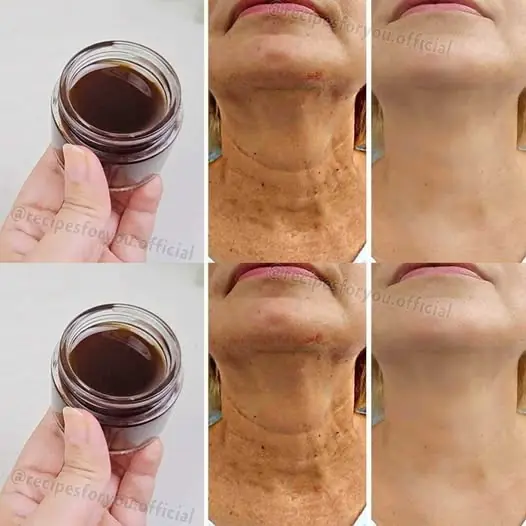
The Natural Anti-Aging Power of Coffee Oil
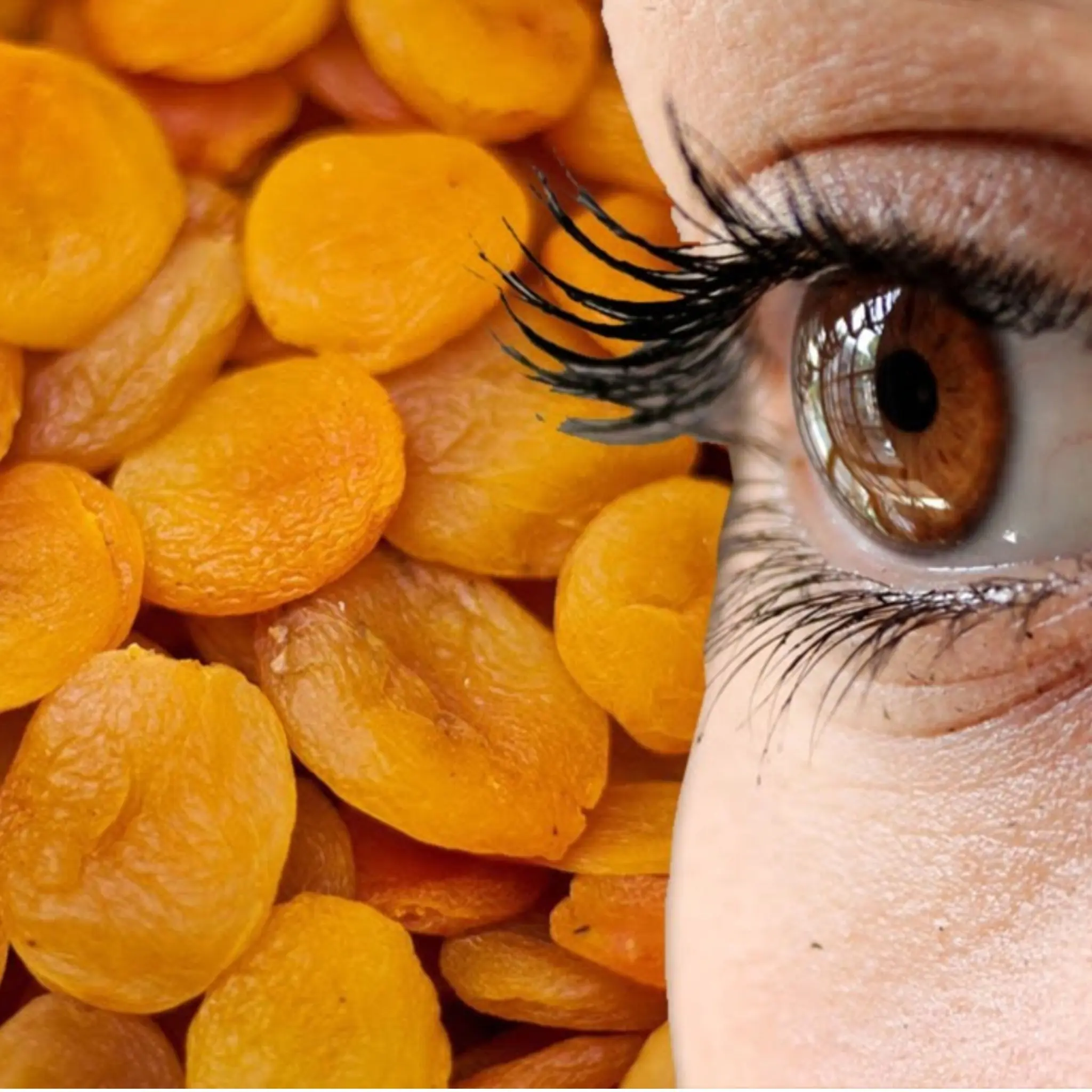
Improve Vision Naturally with These Foods: Dried Apricots for Better Eyesight ?✨
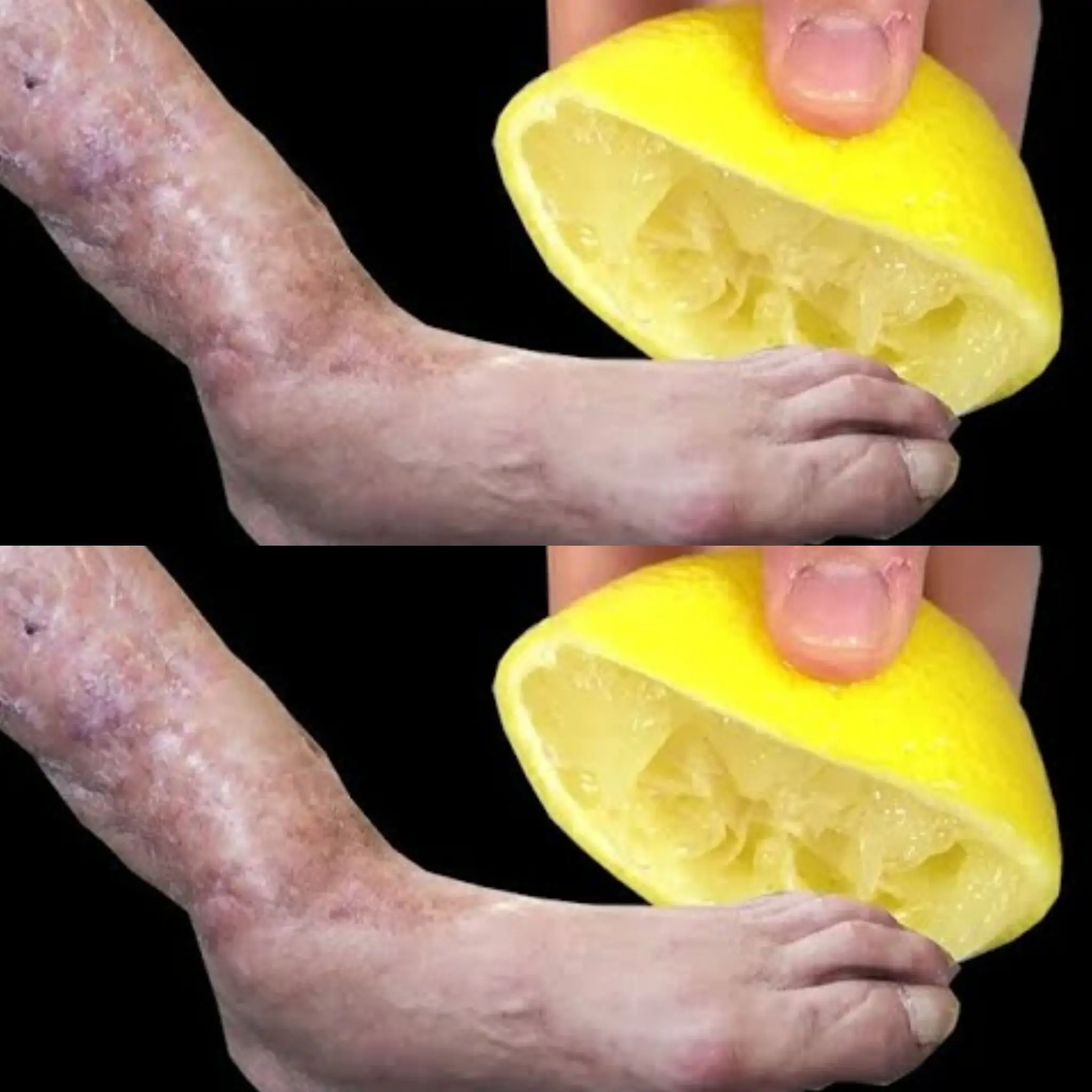
Mom’s Natural Remedy with Lemon: A Cure-All for Leg Pain, Rheumatism, Varicose Veins, Arthritis, Headaches, and Joint Pain ??

Unlock the Magic of Properly Storing Onion, Garlic, and Ginger

If You Eat 2 Bananas a Day, This Is What Happens to Your Body!
